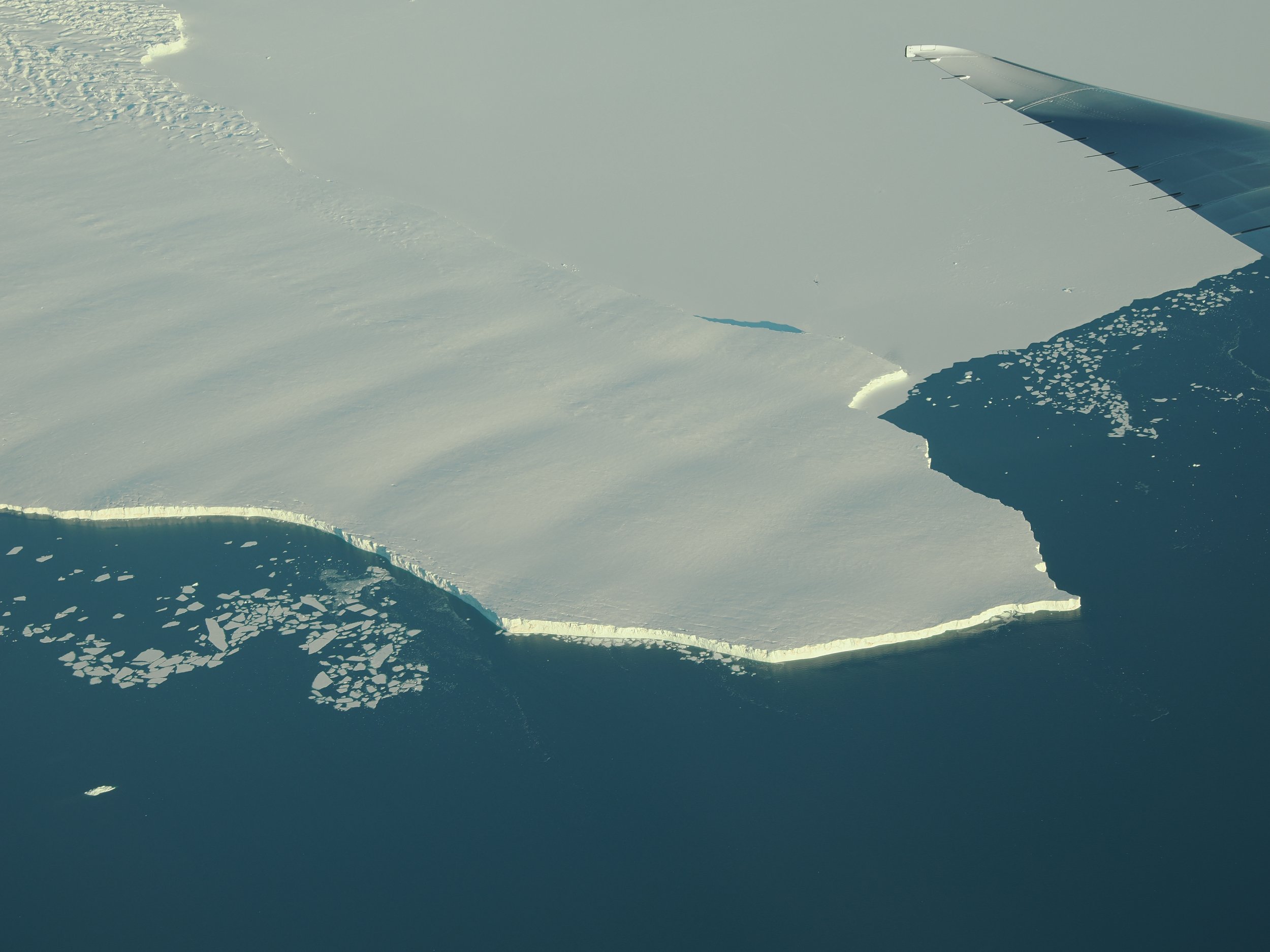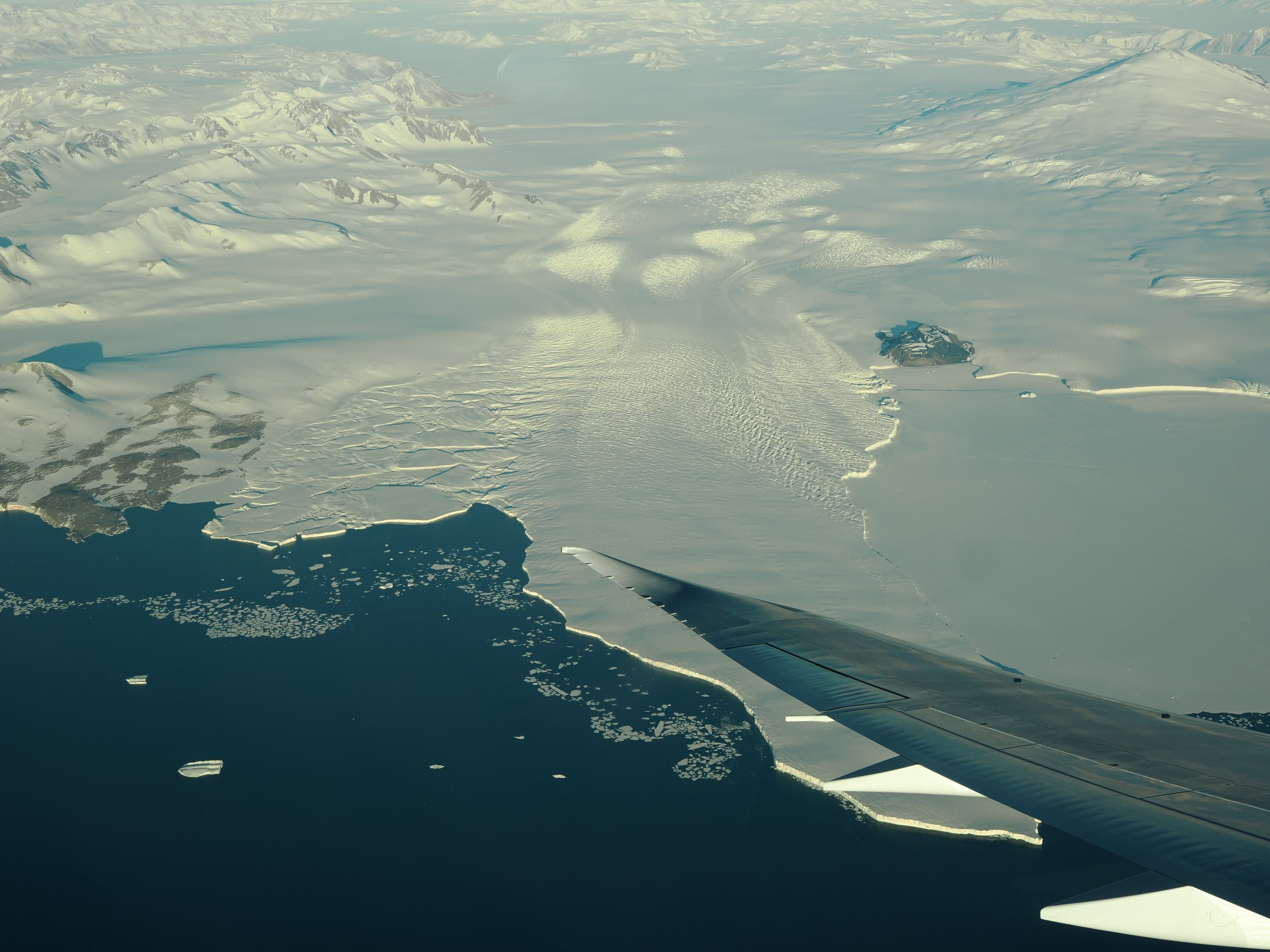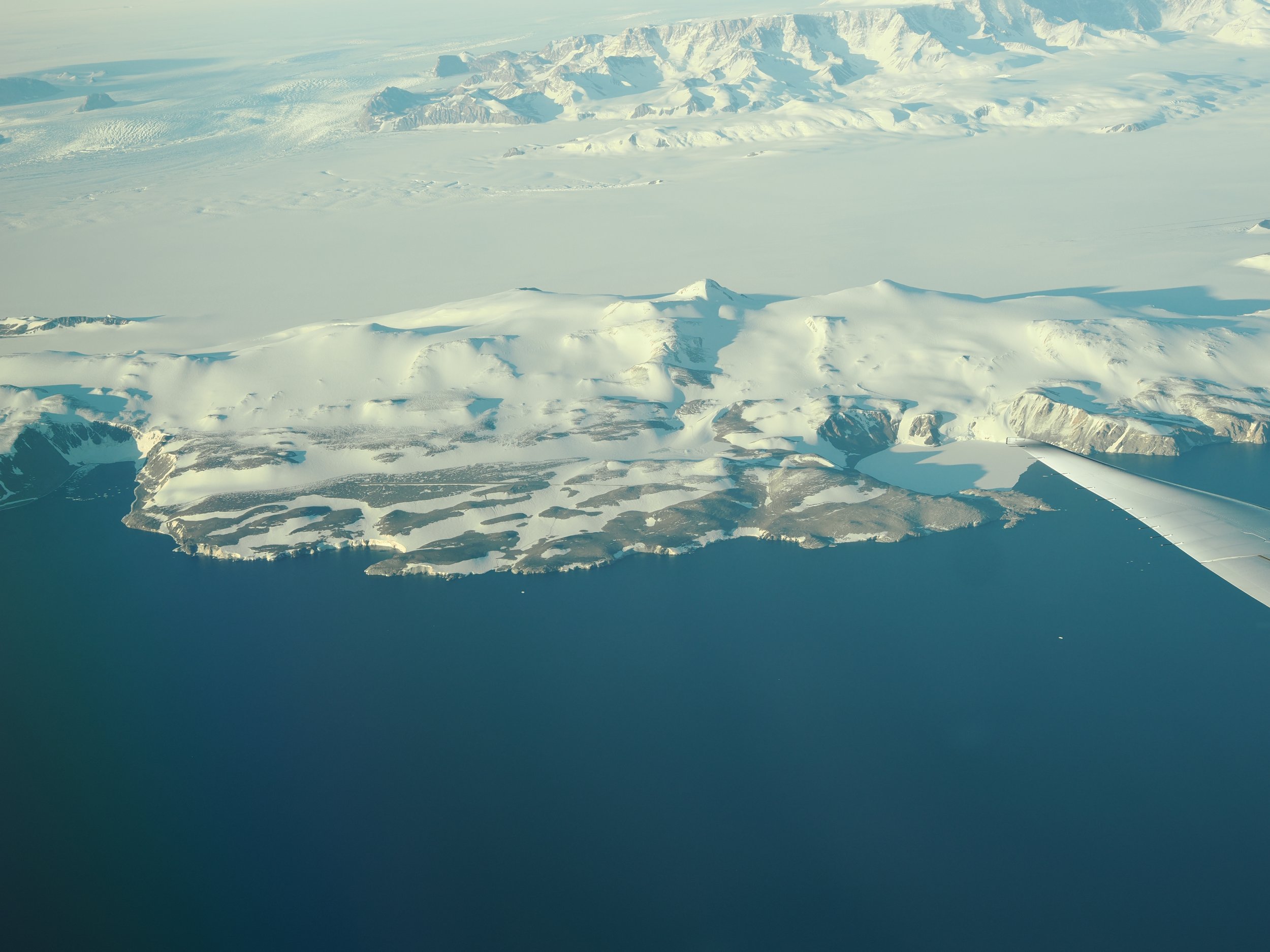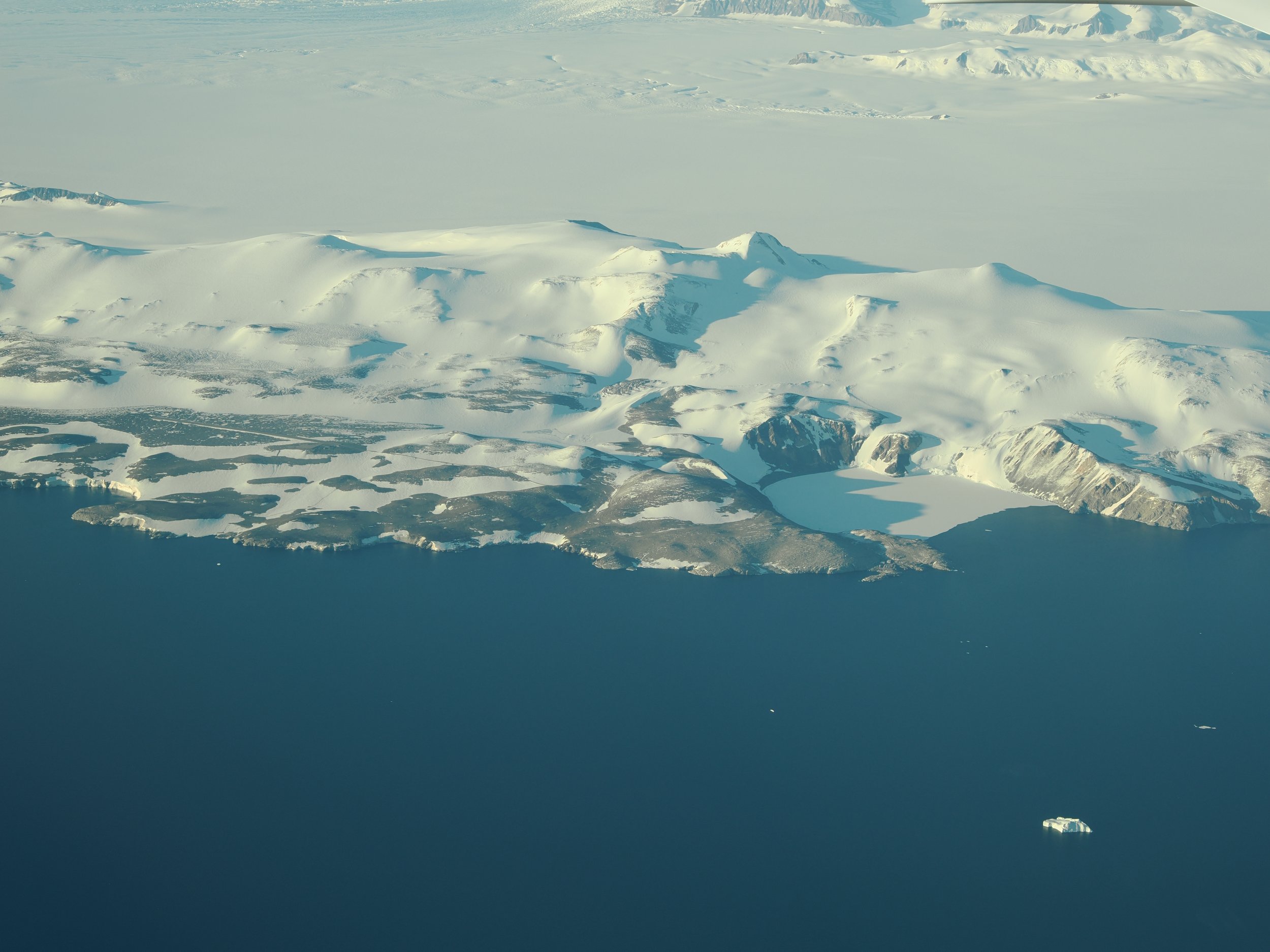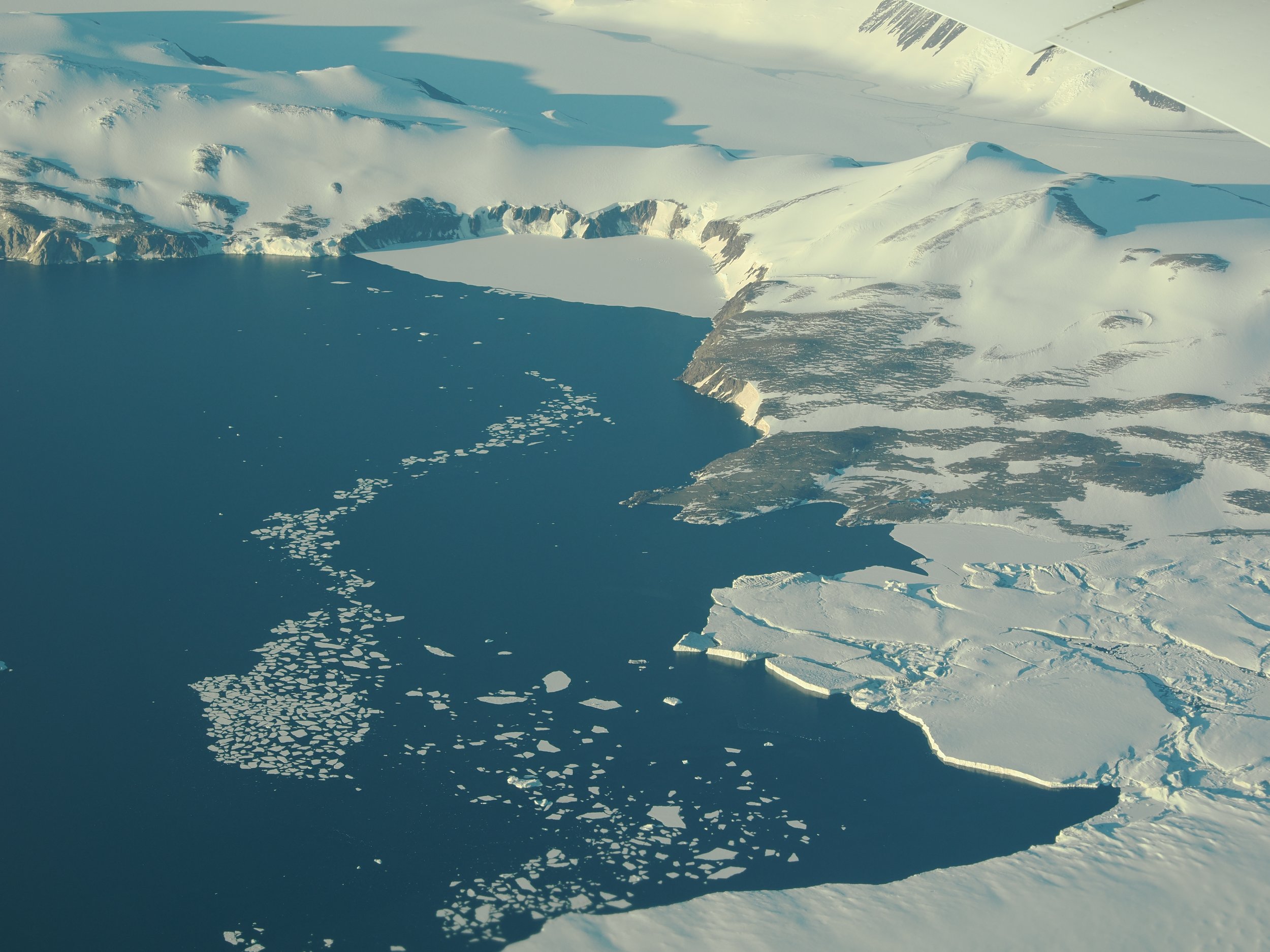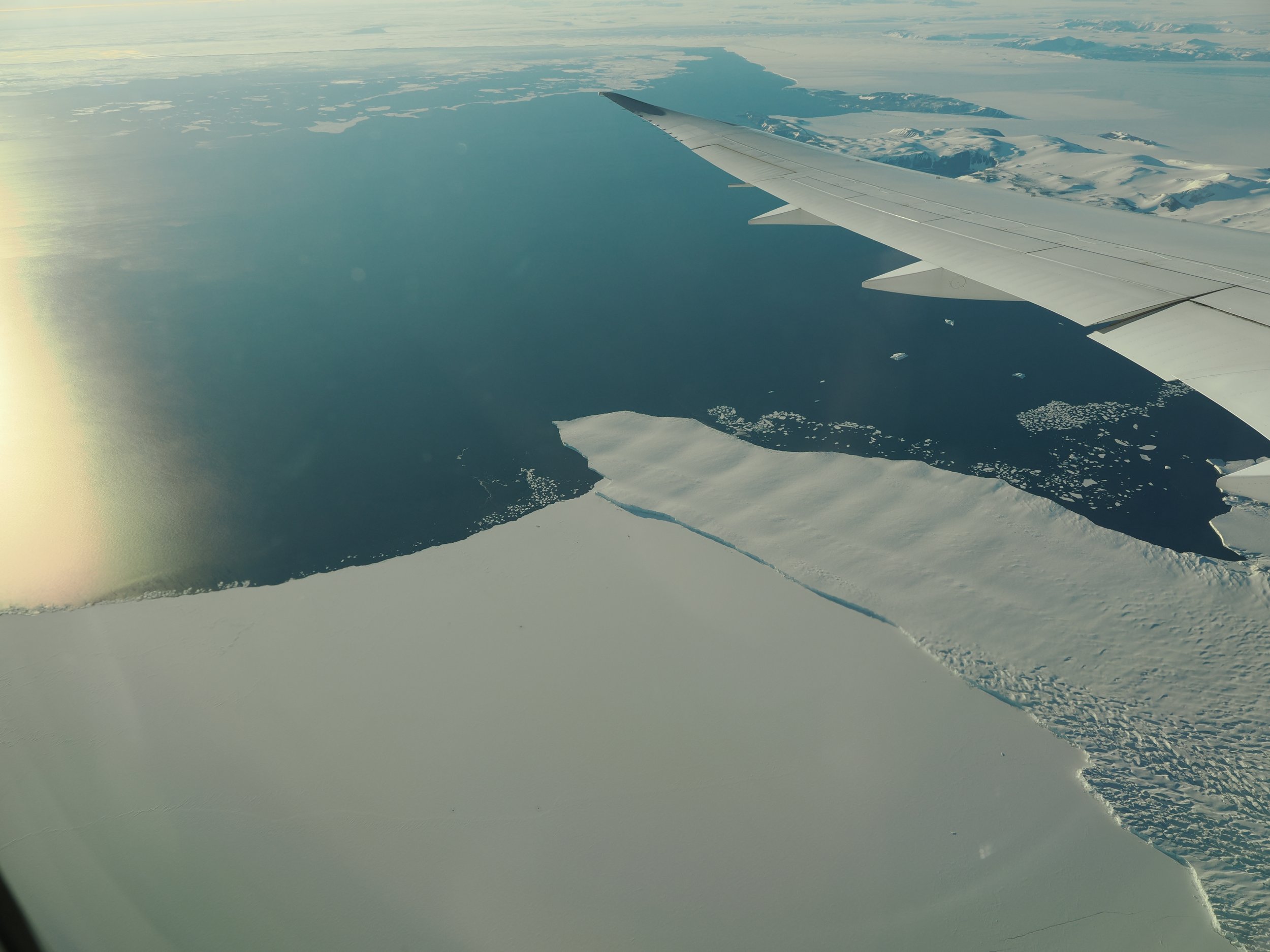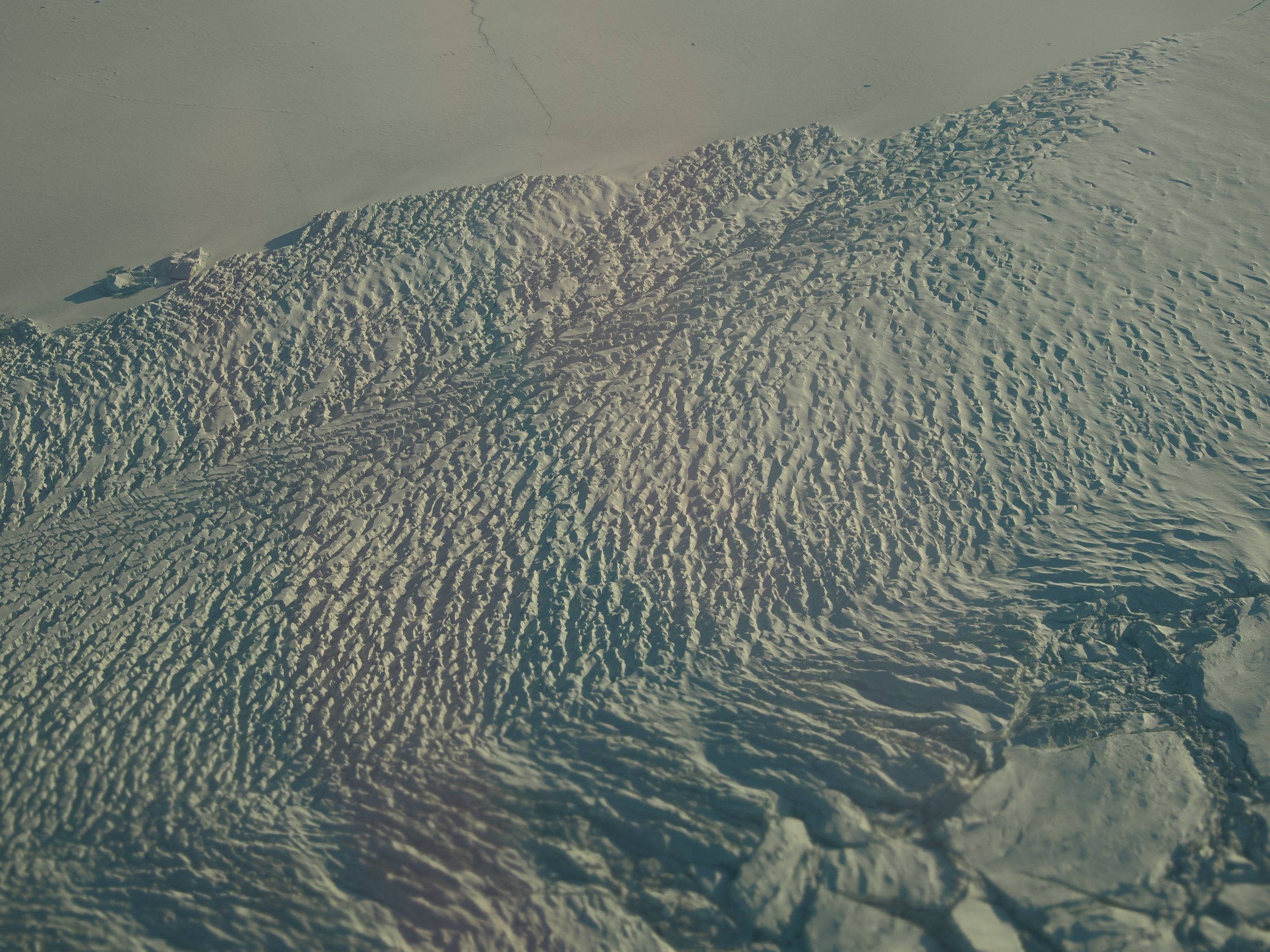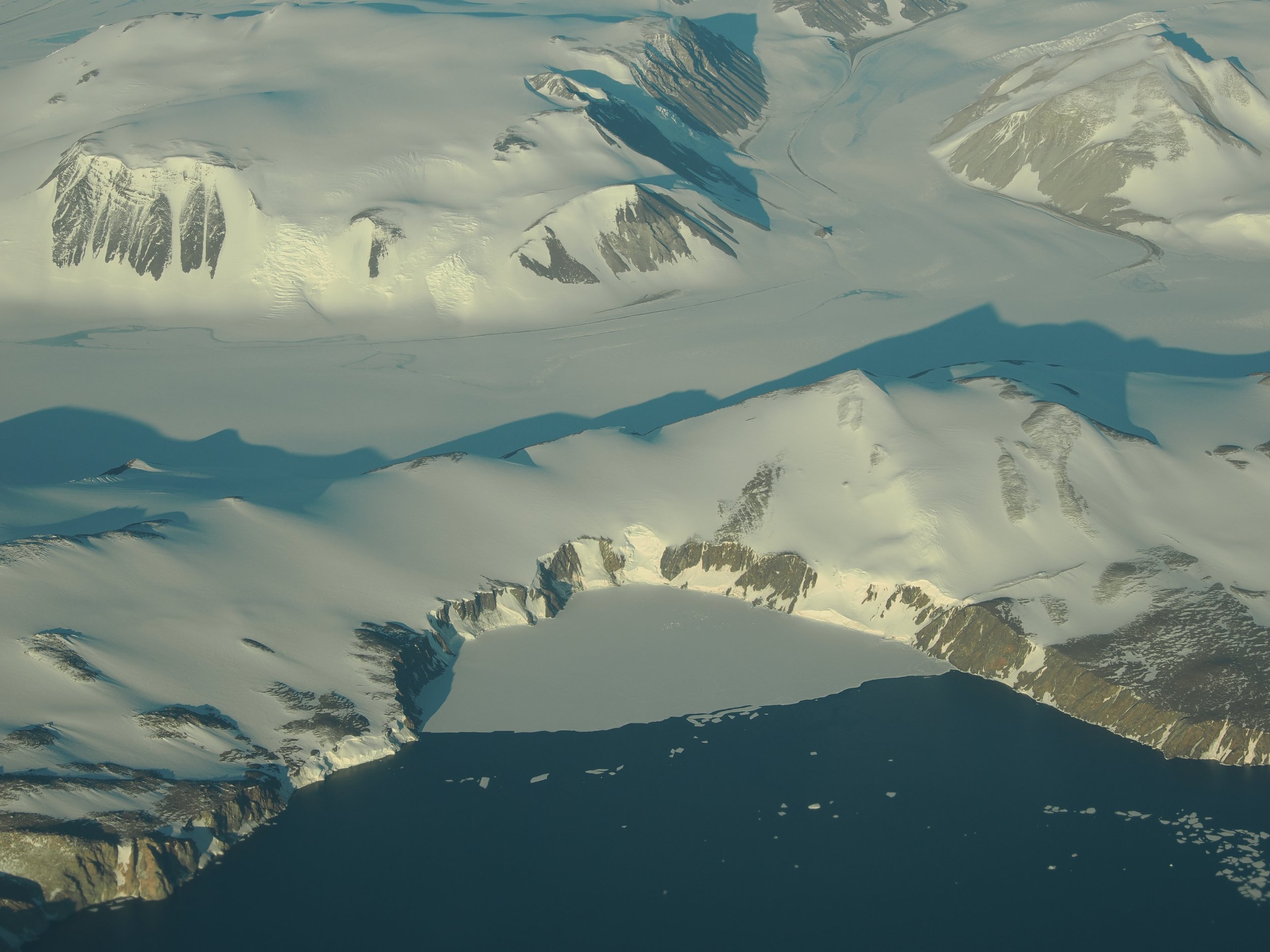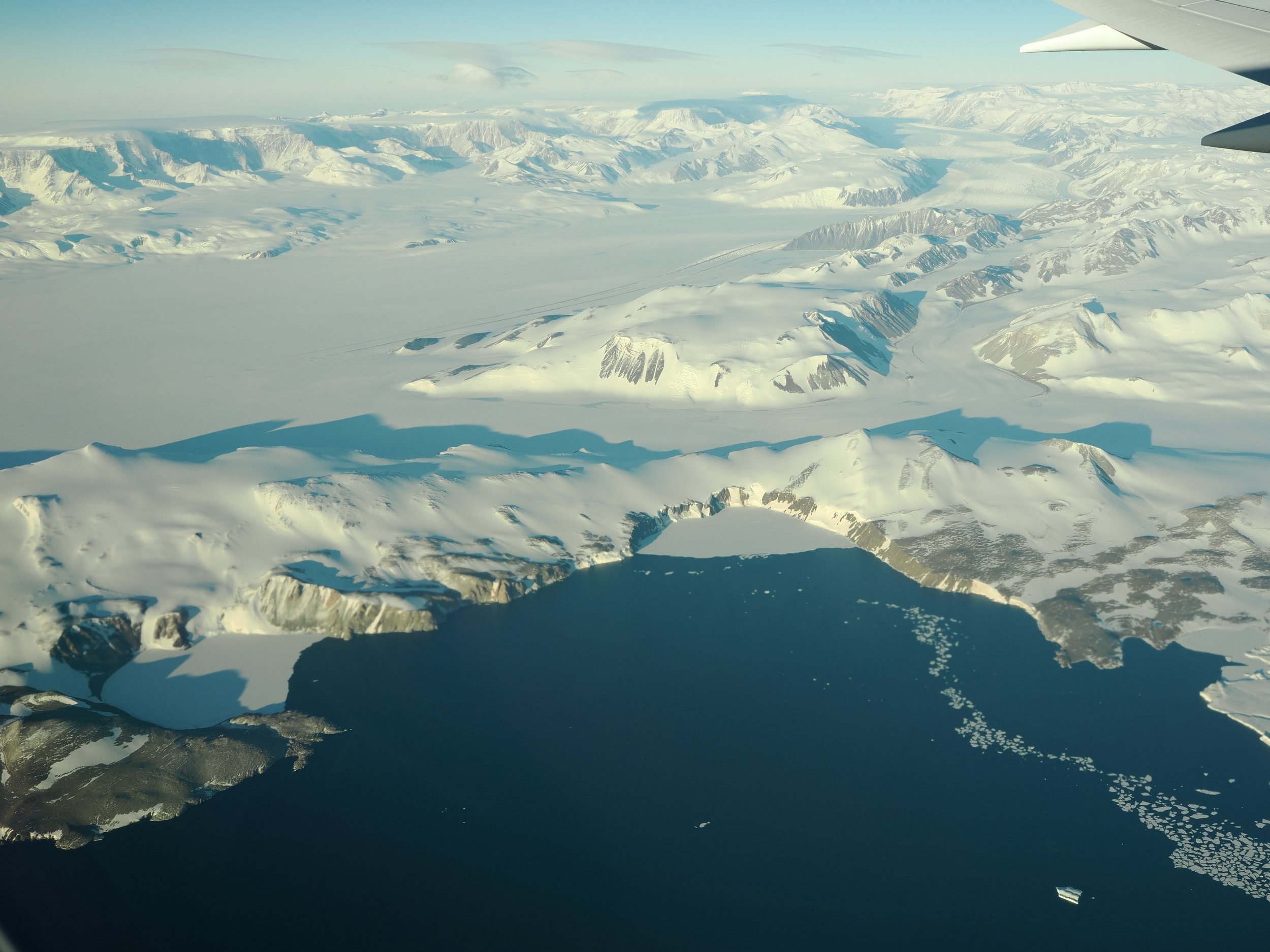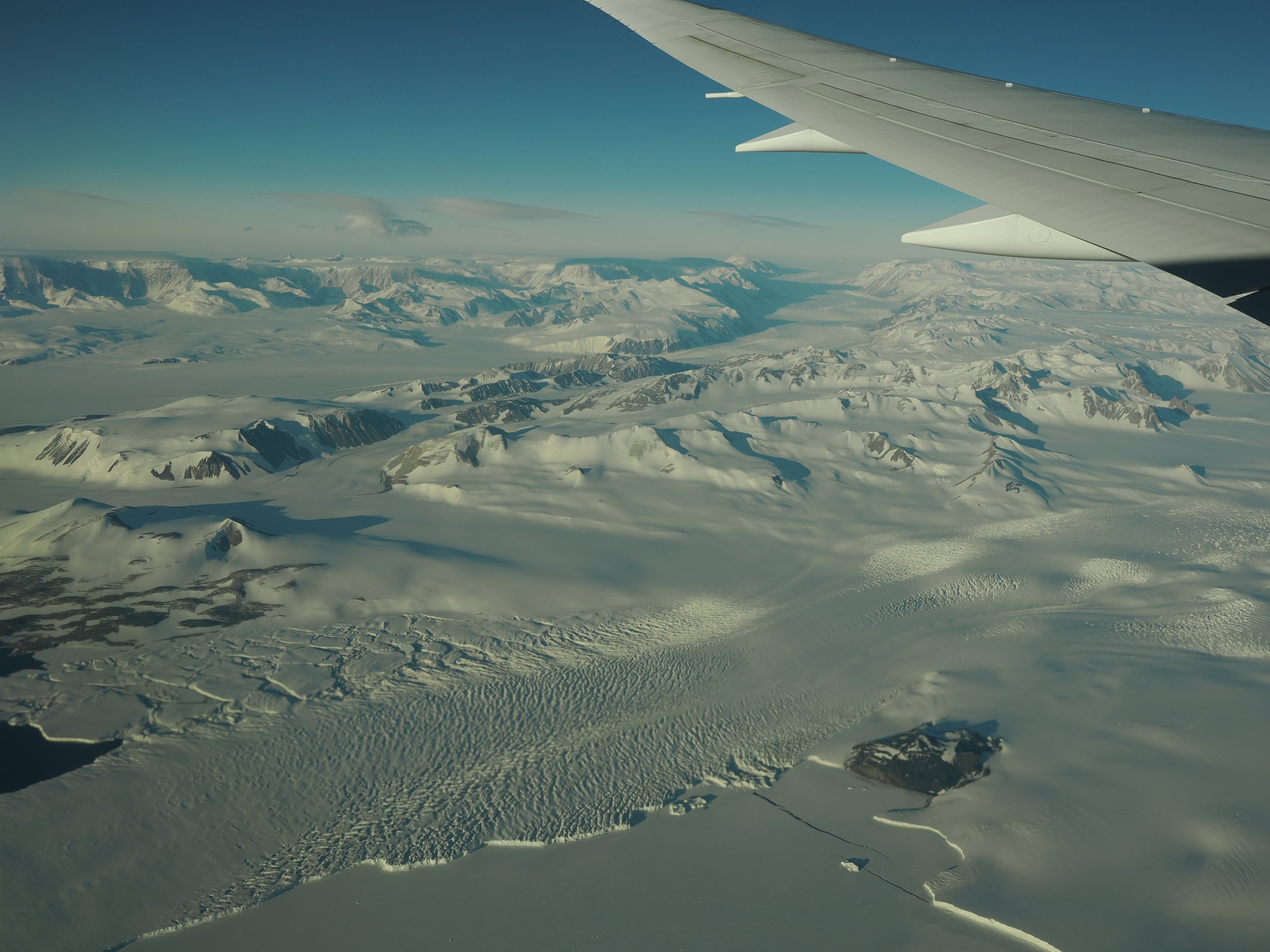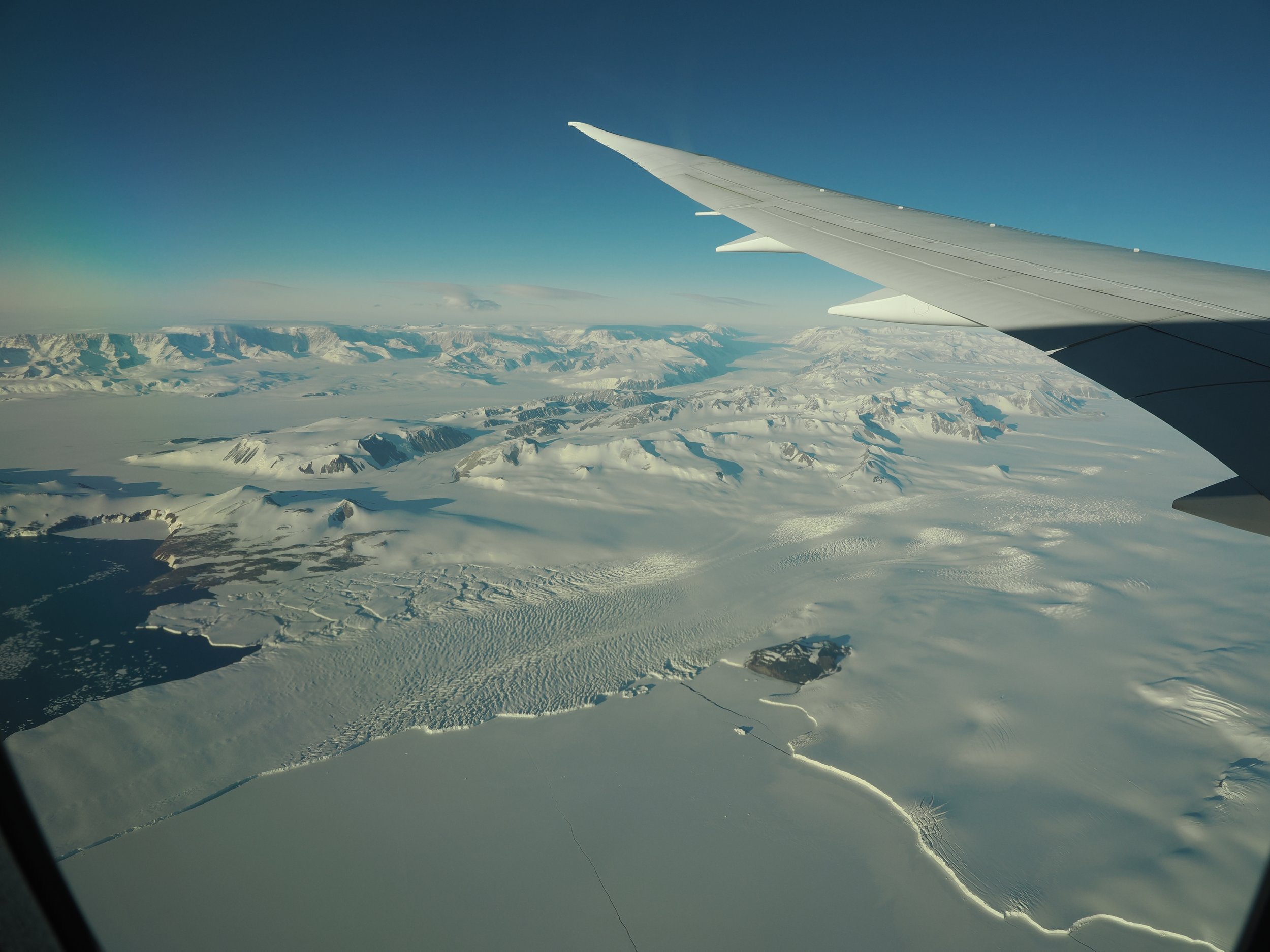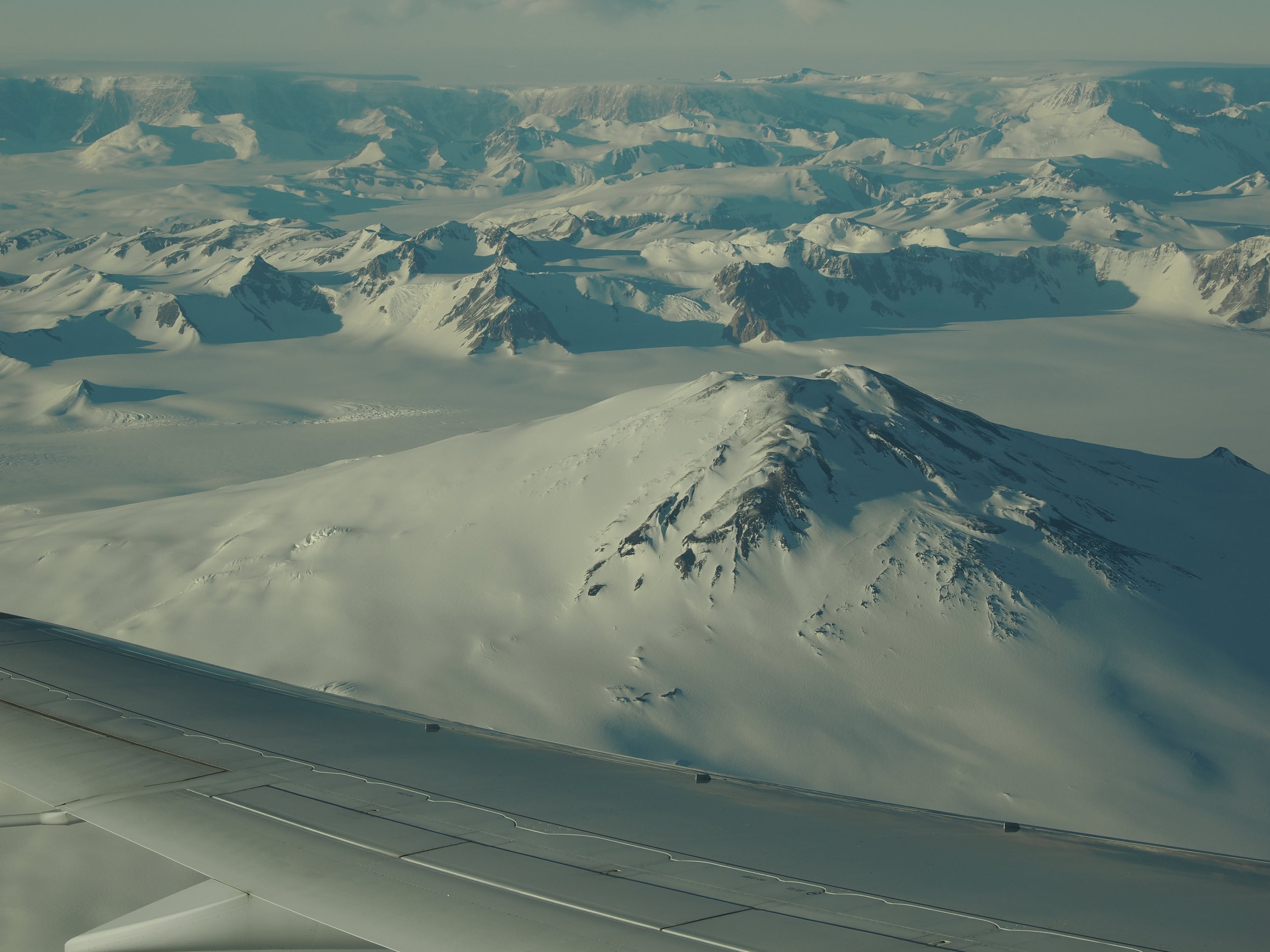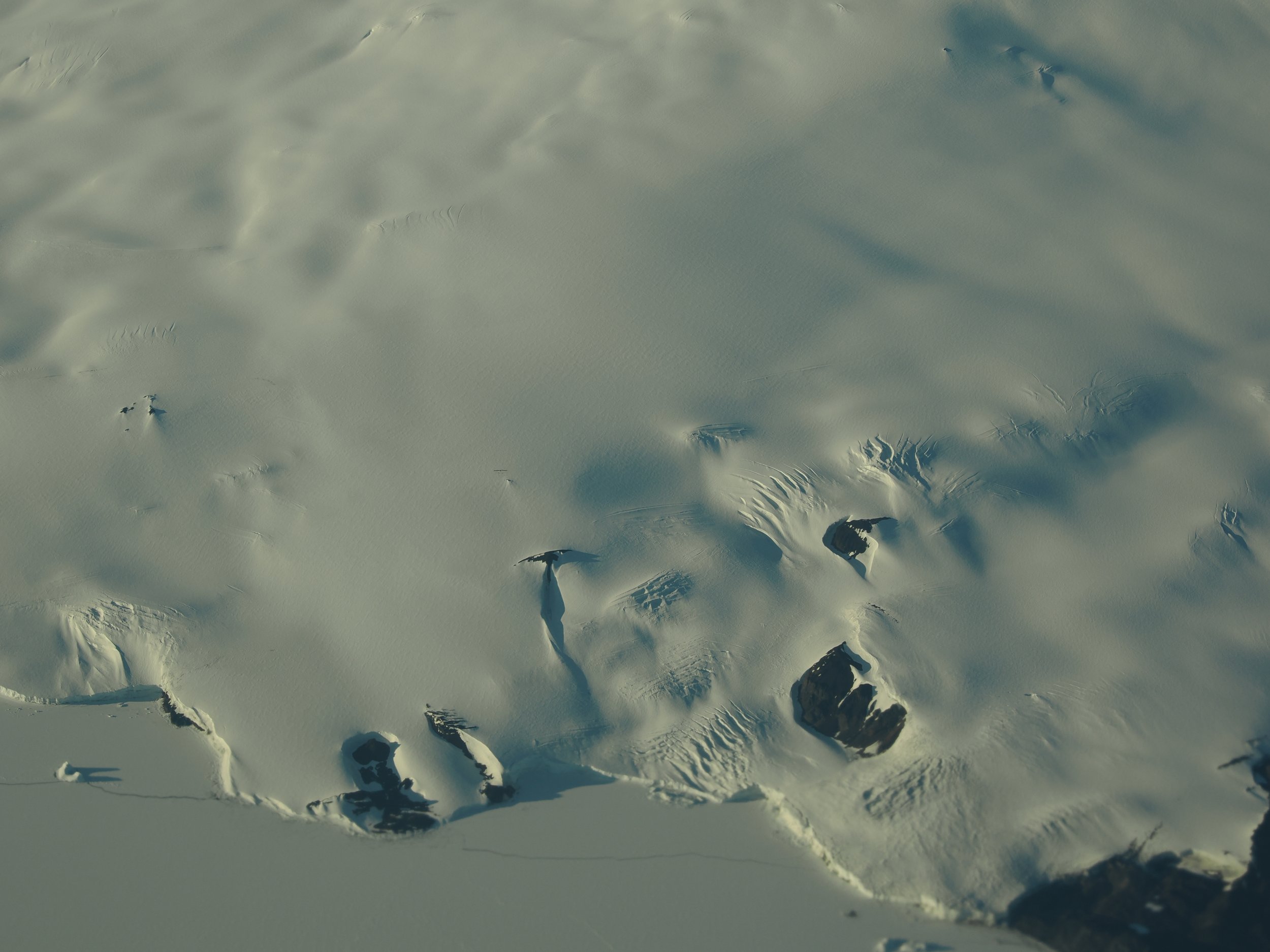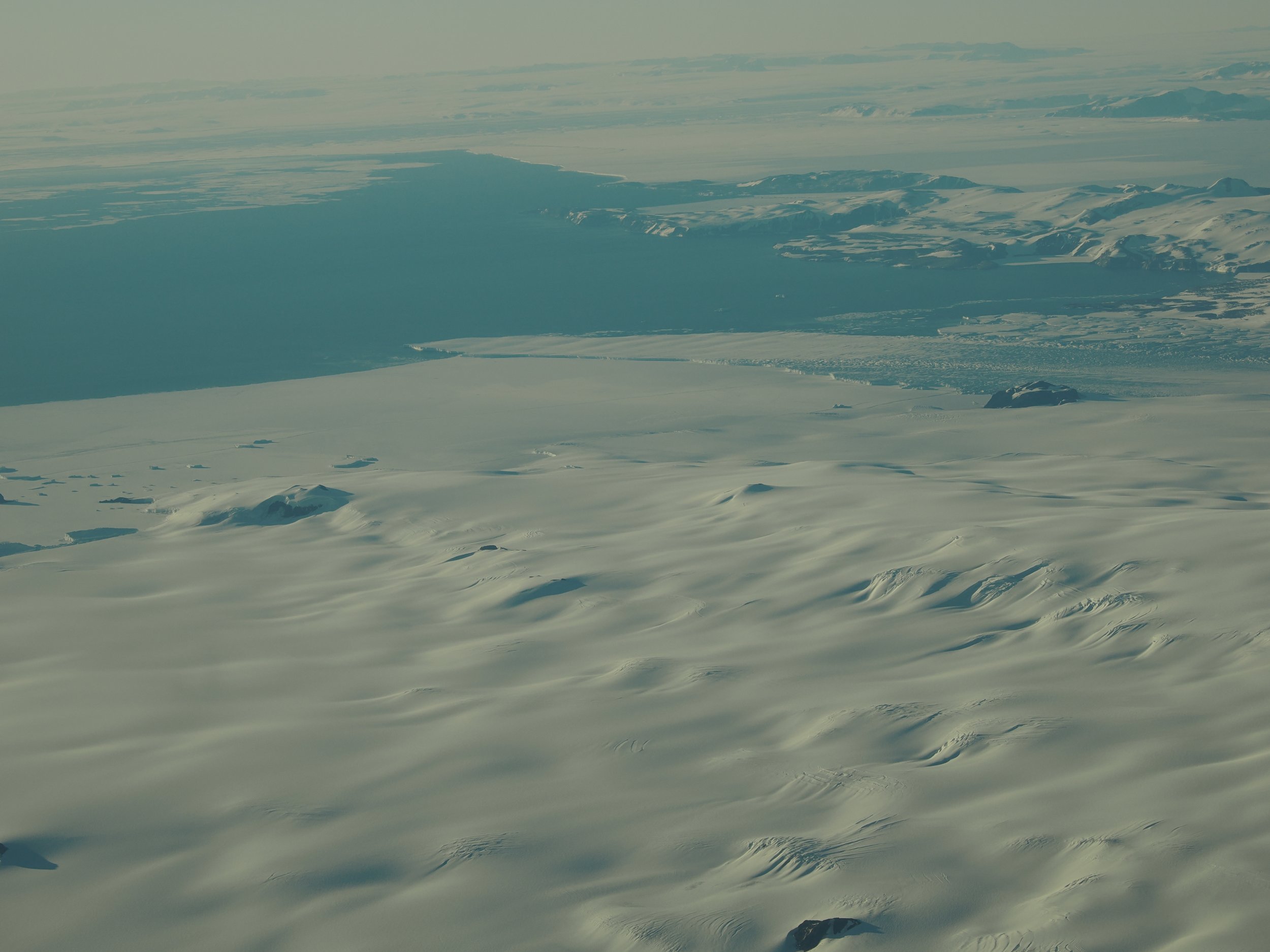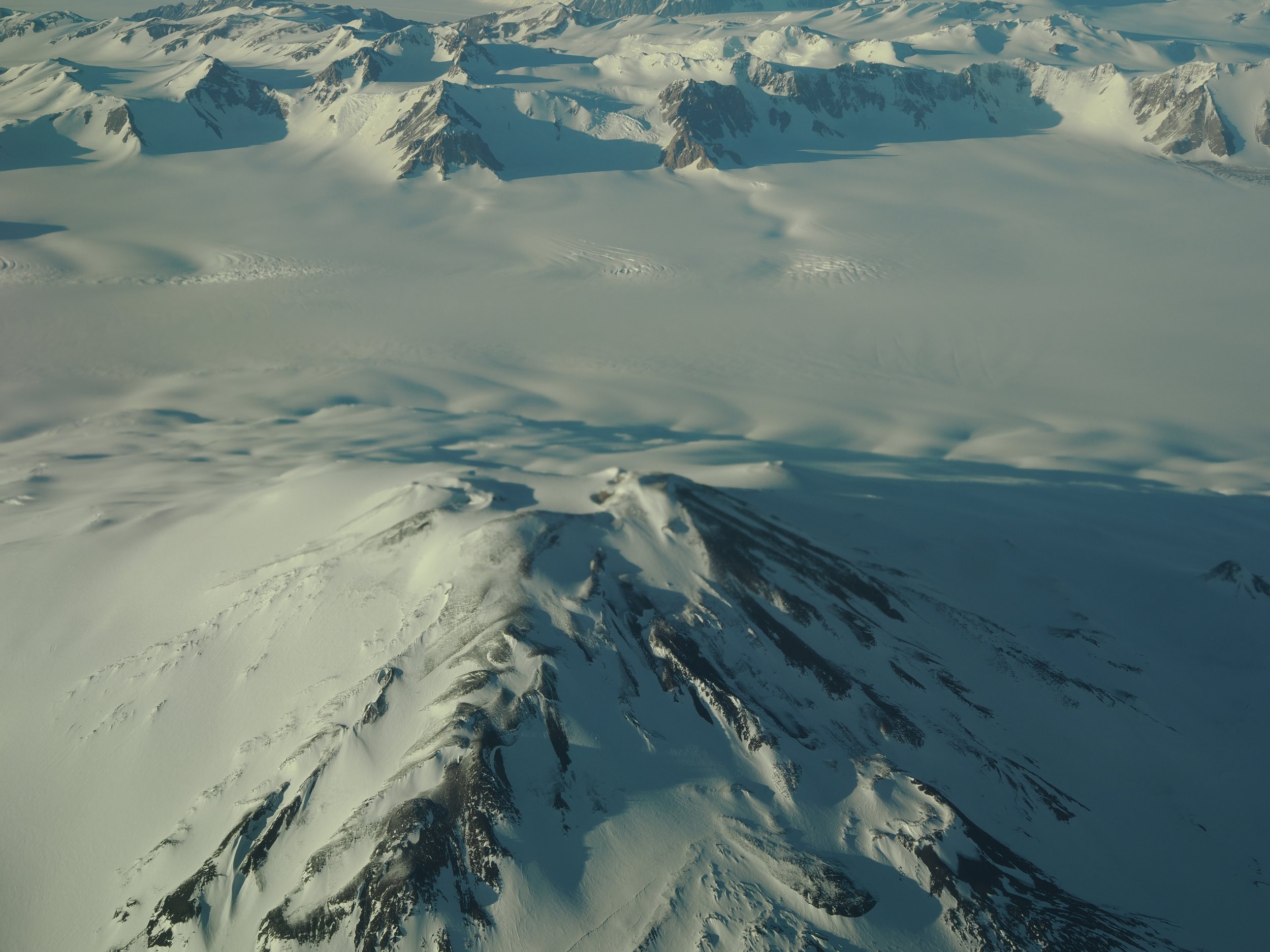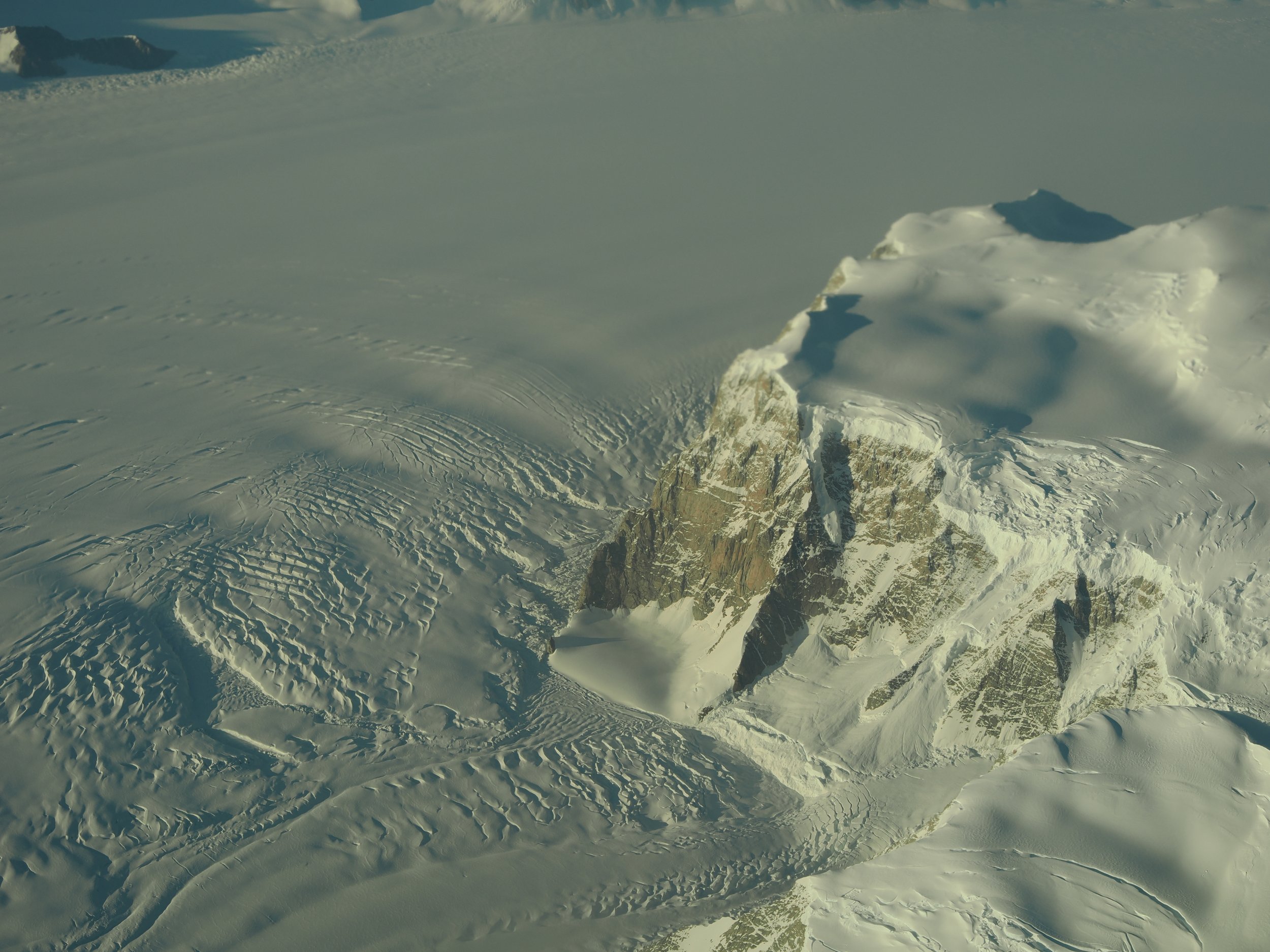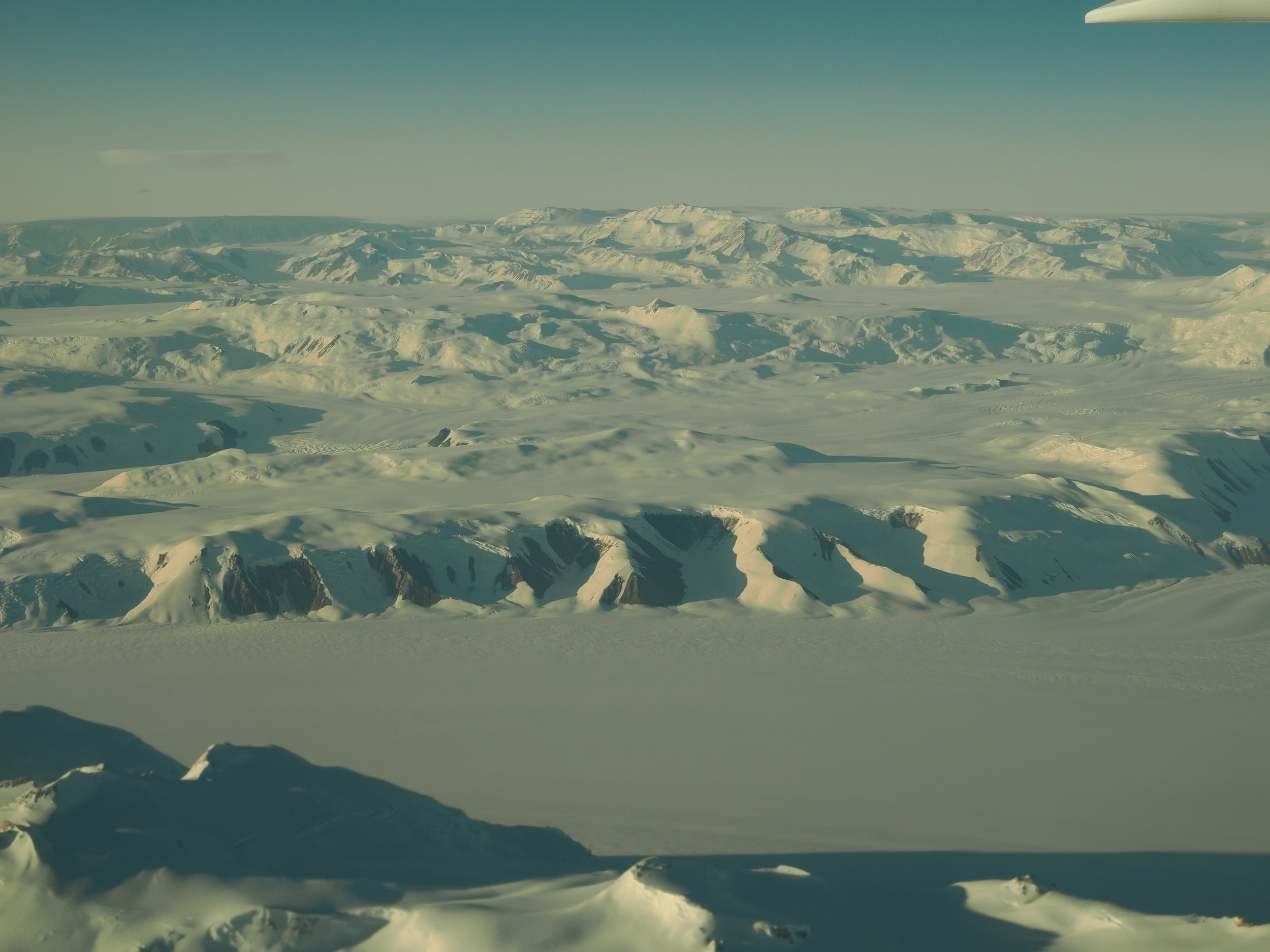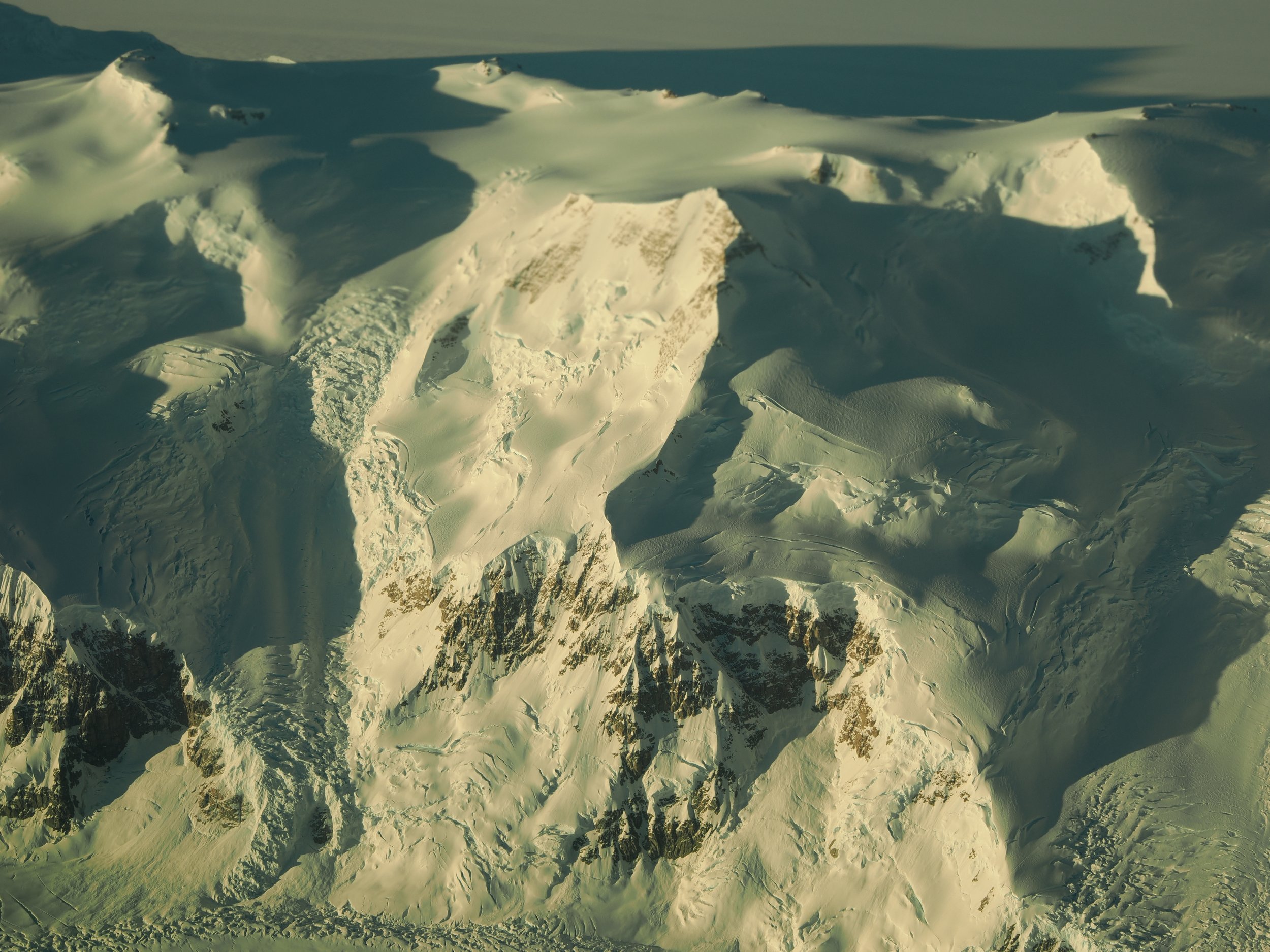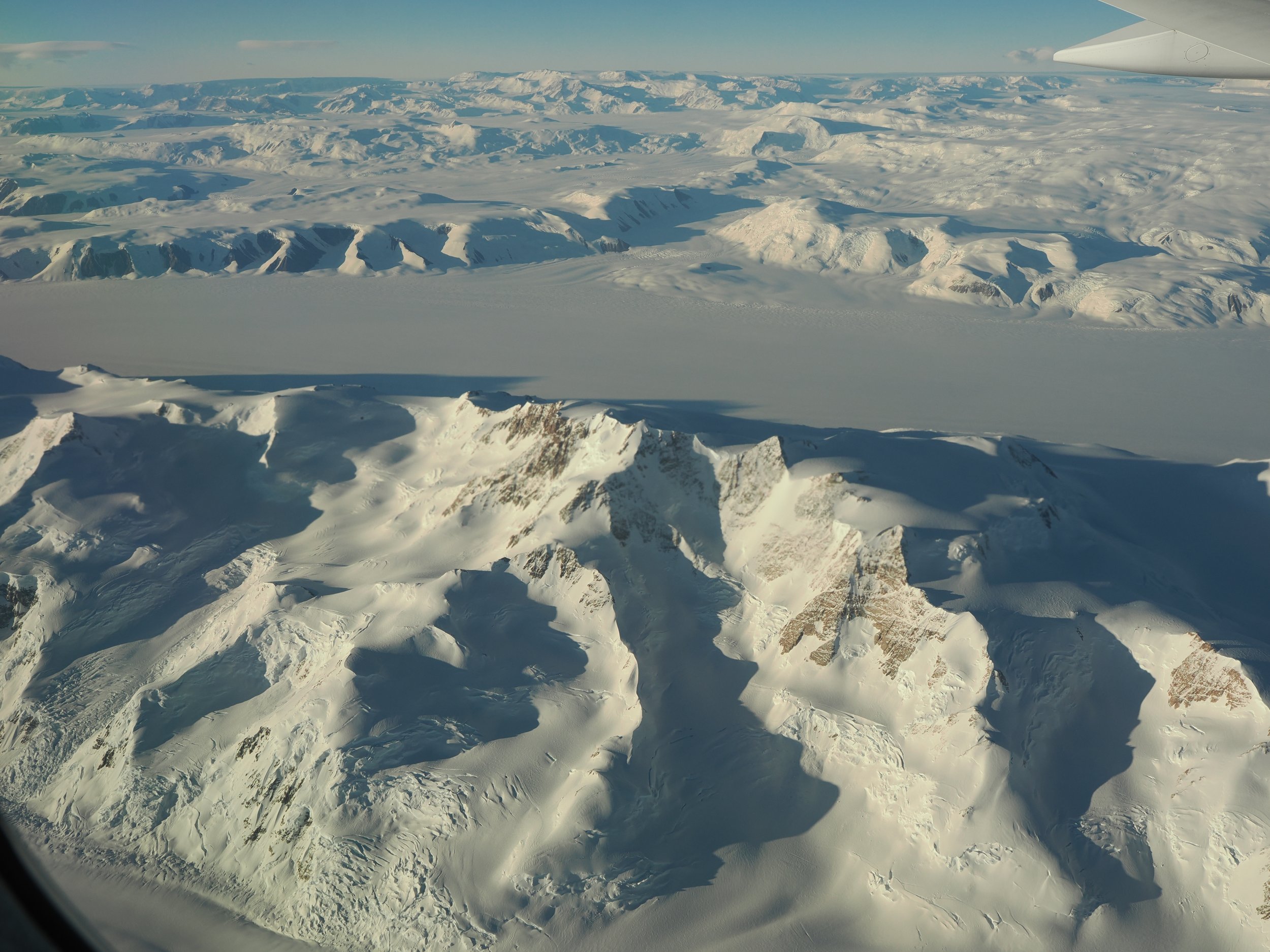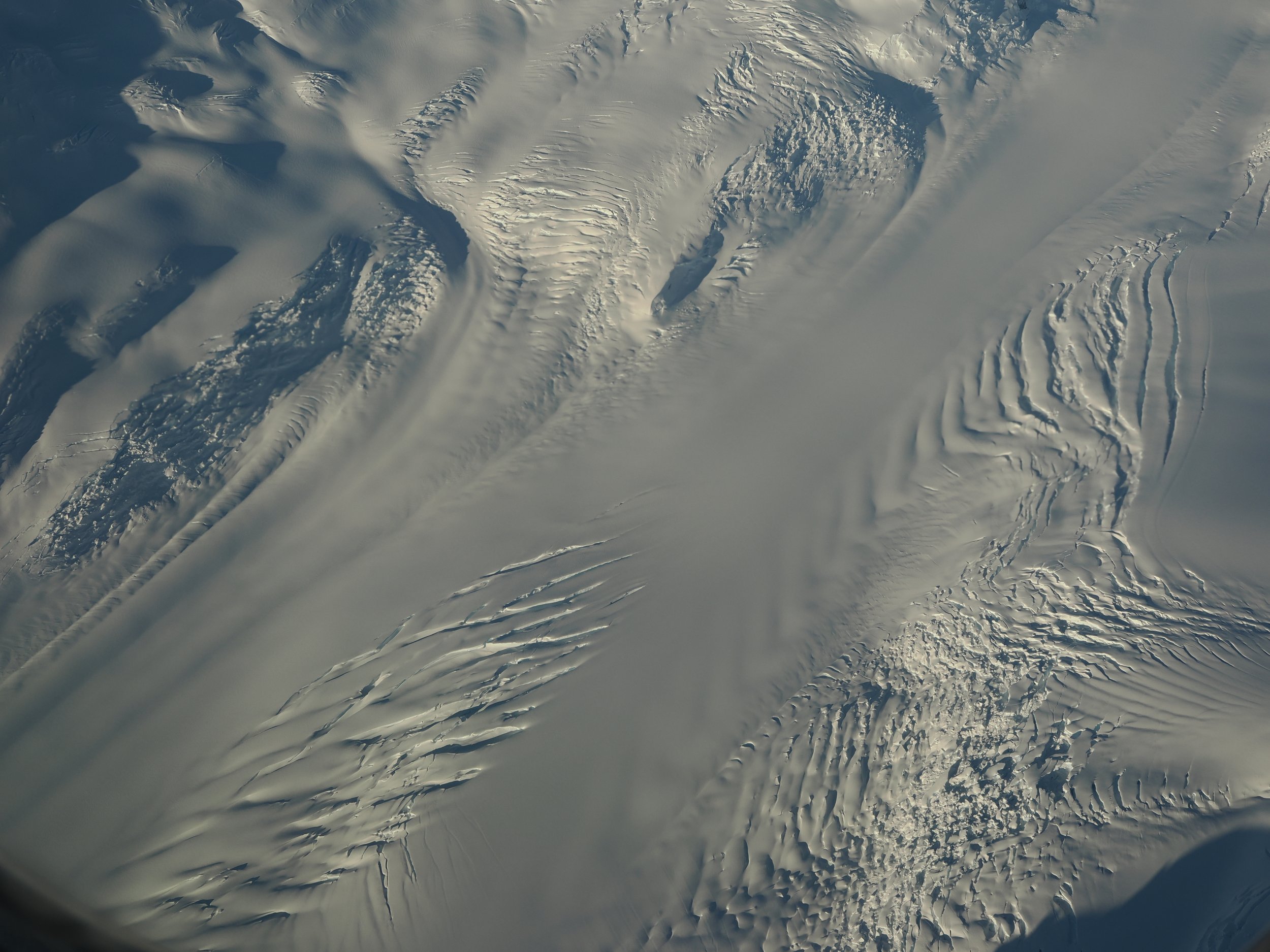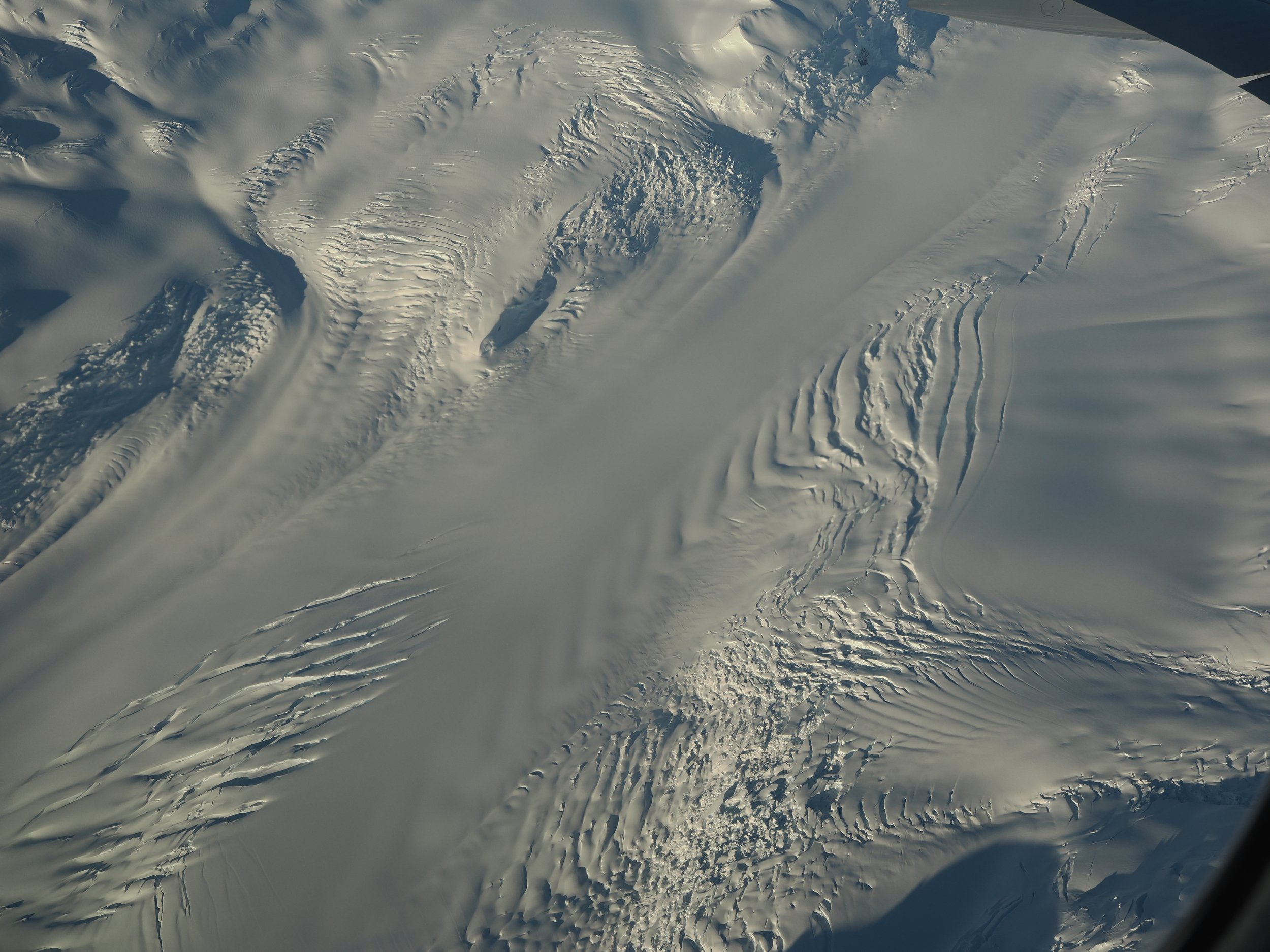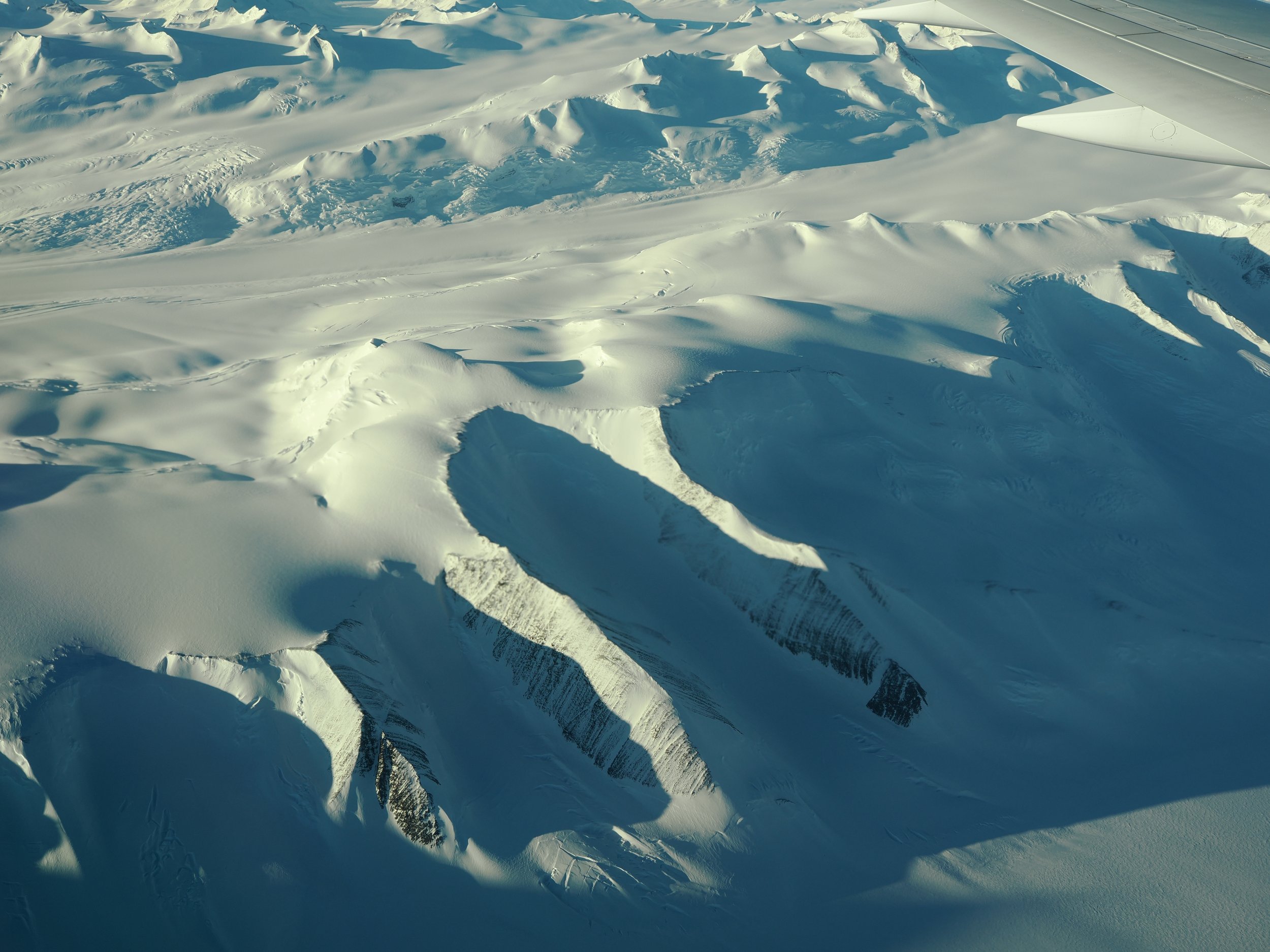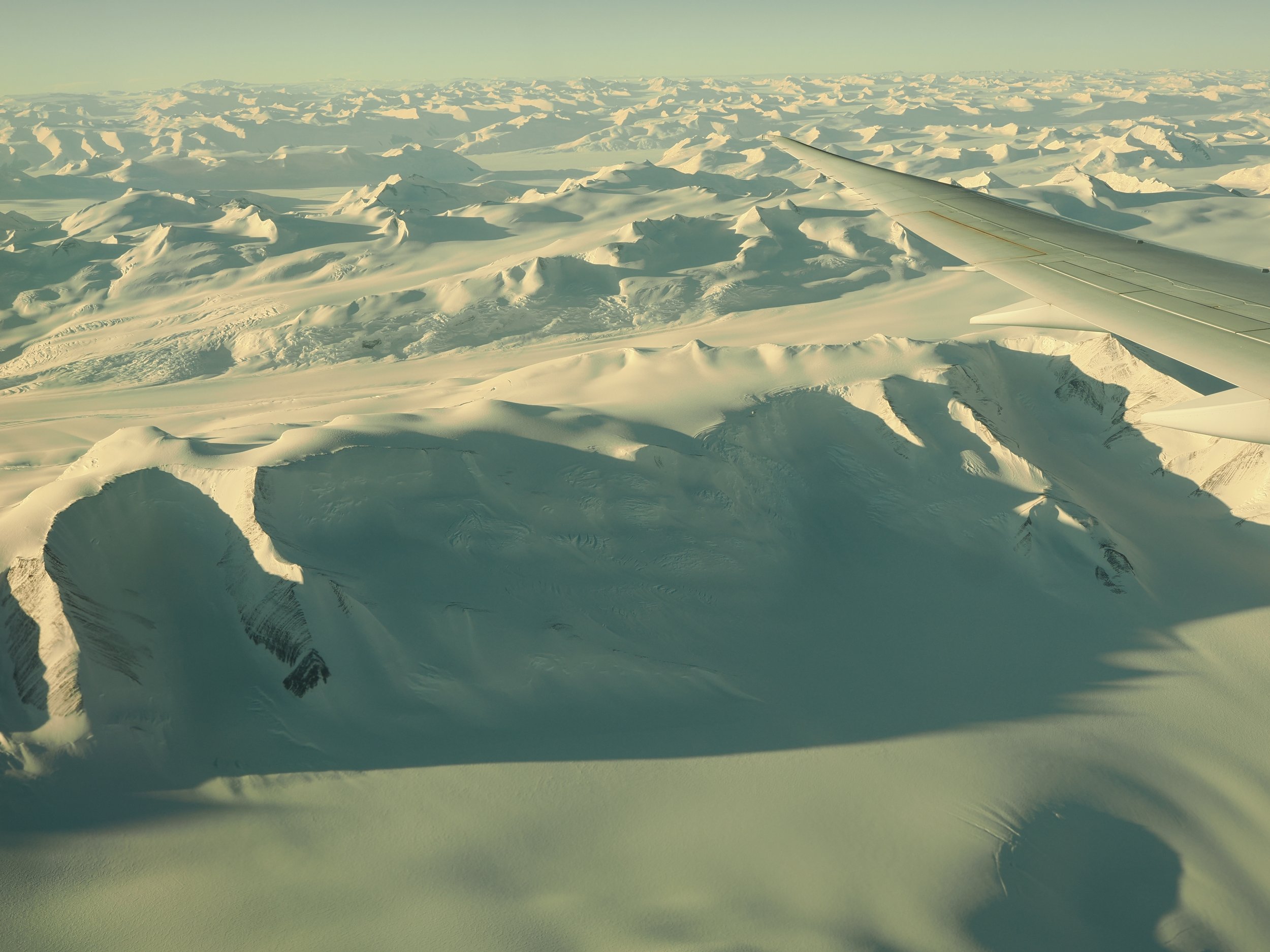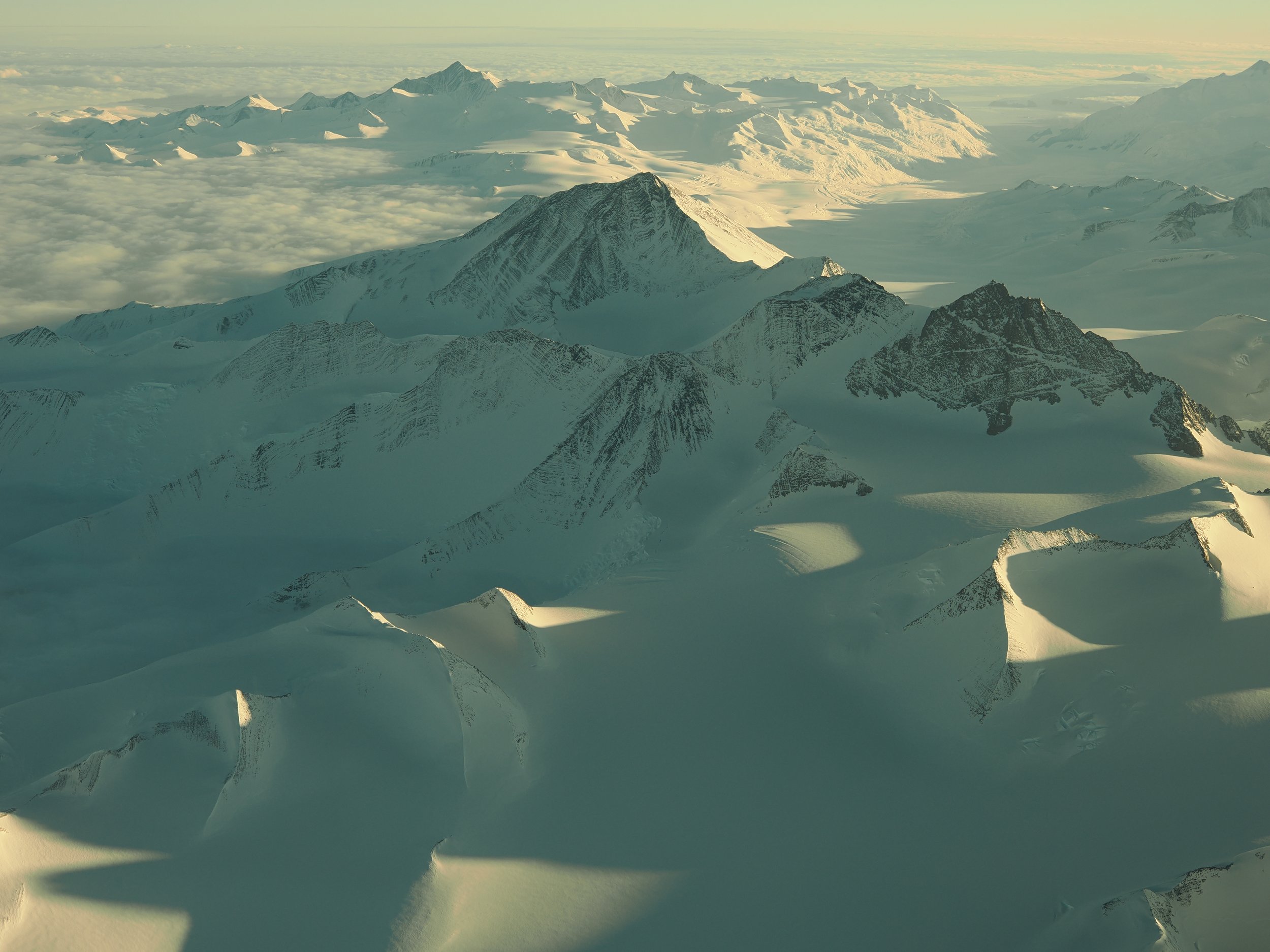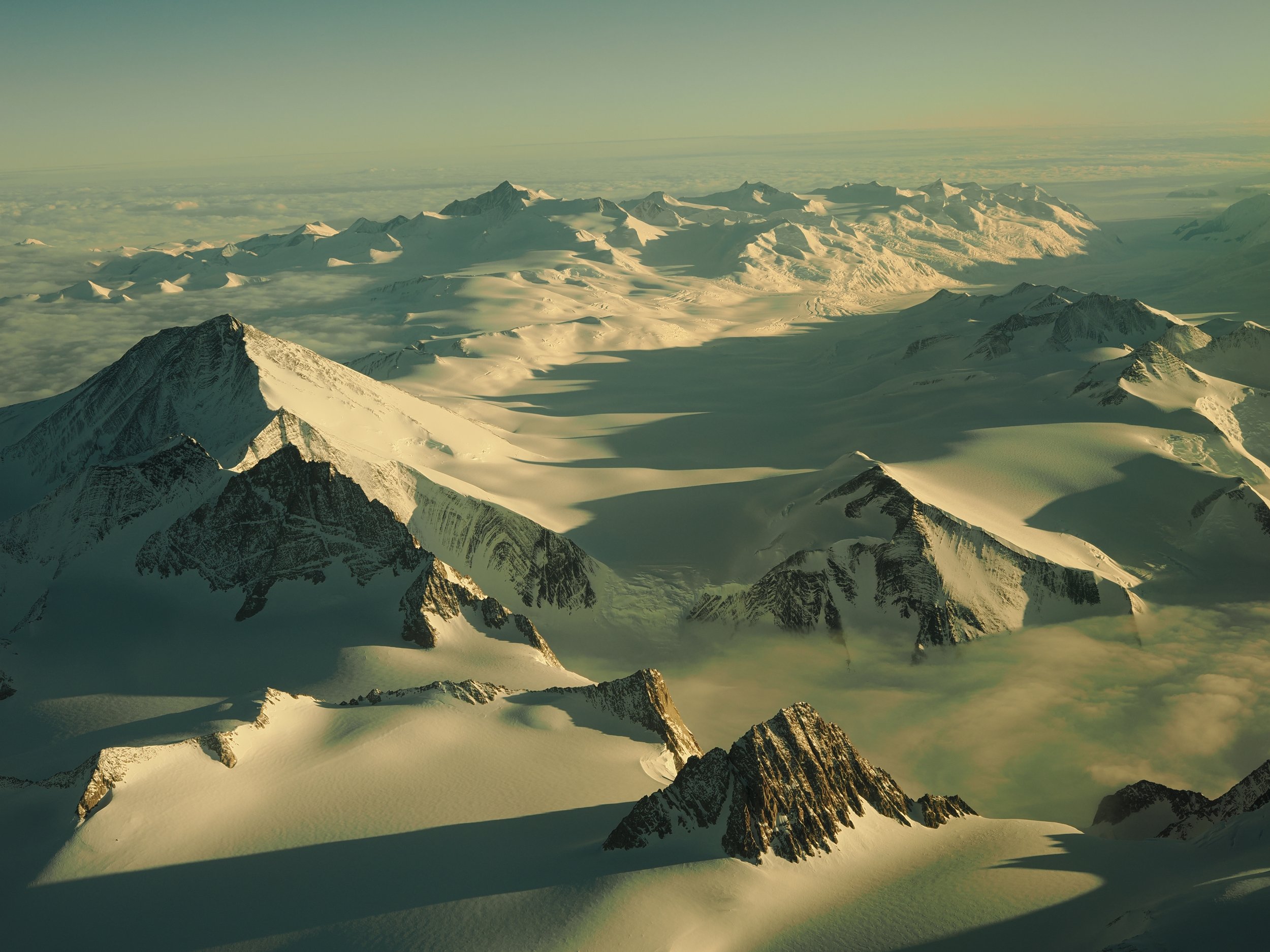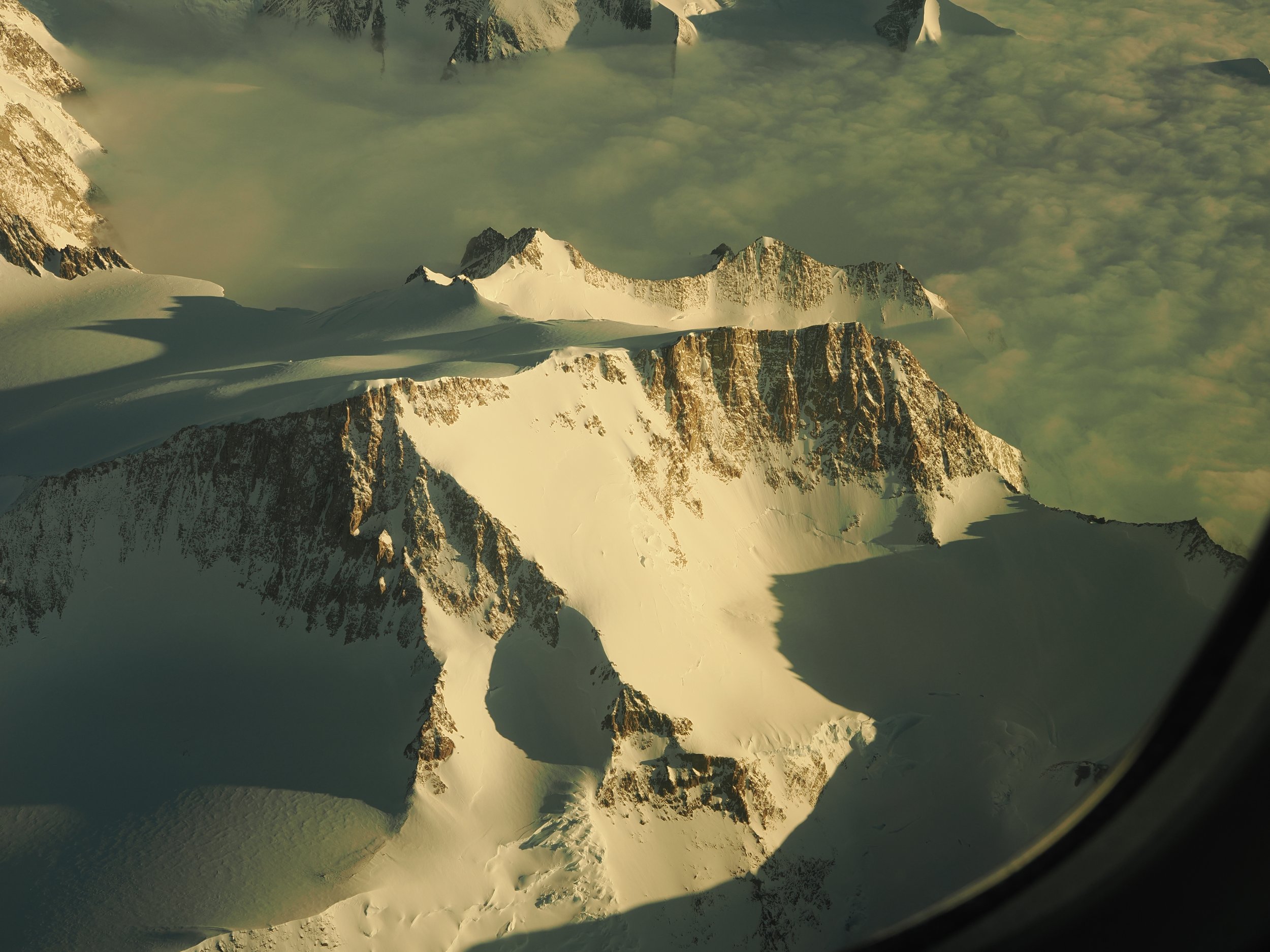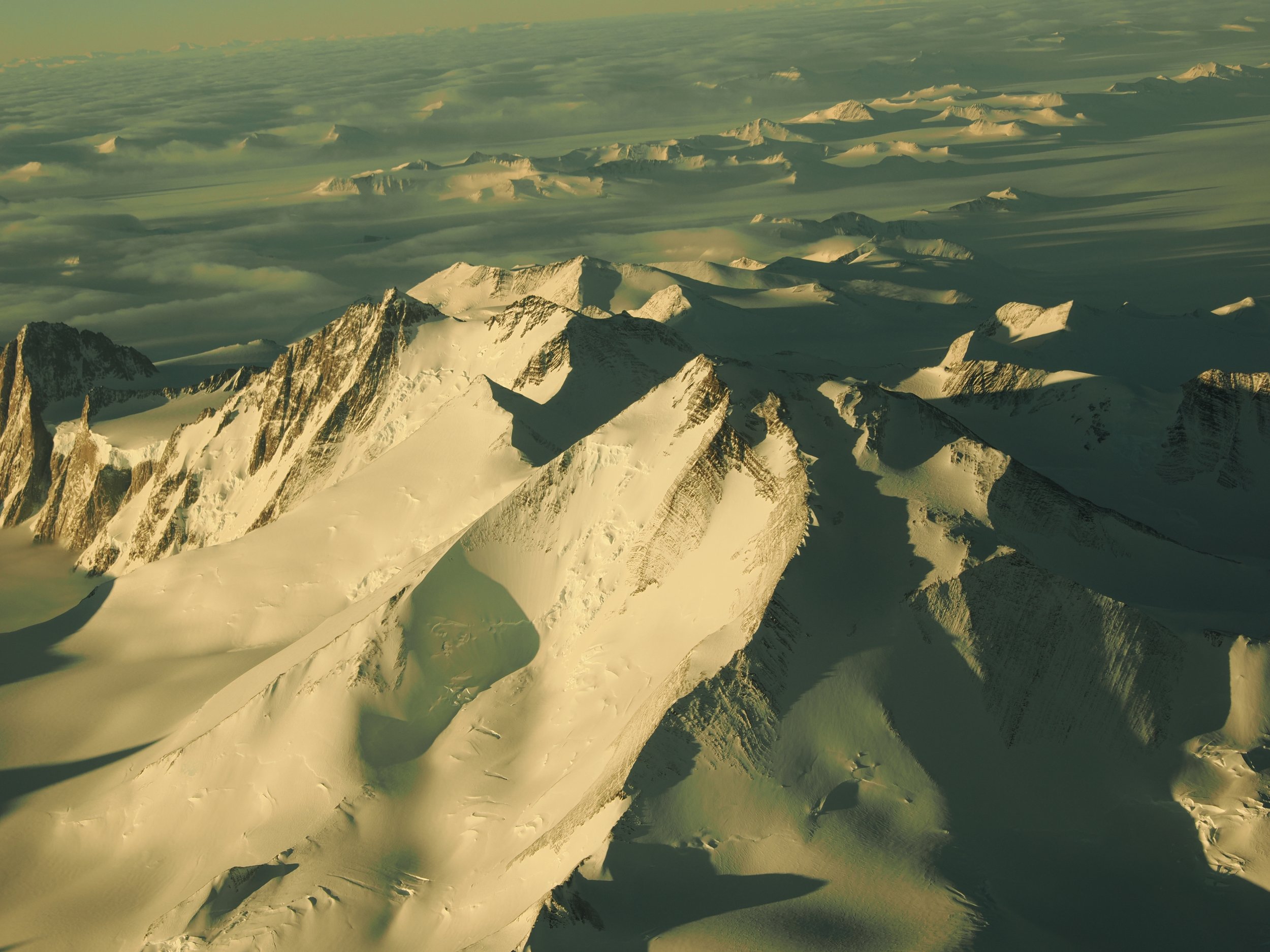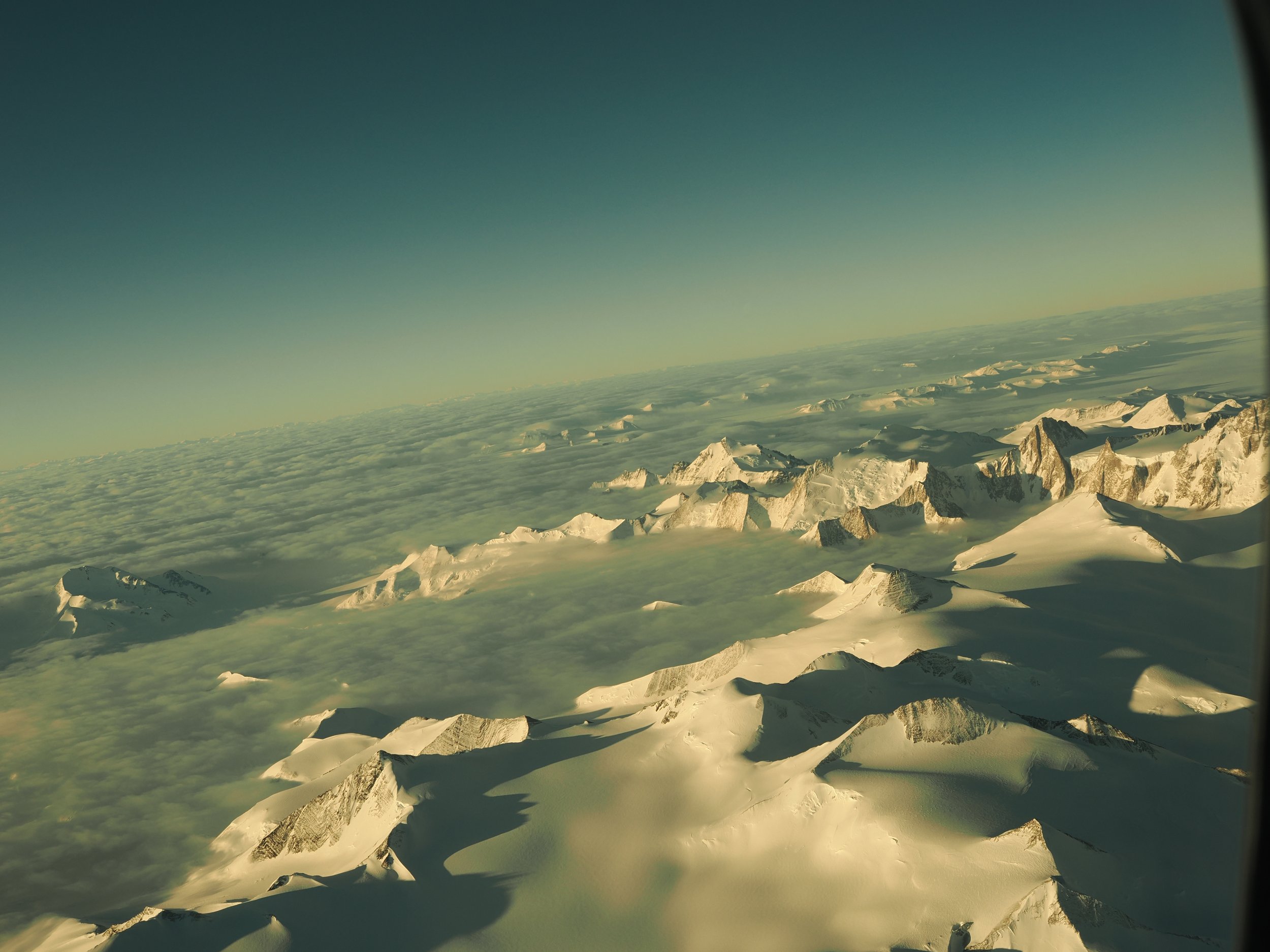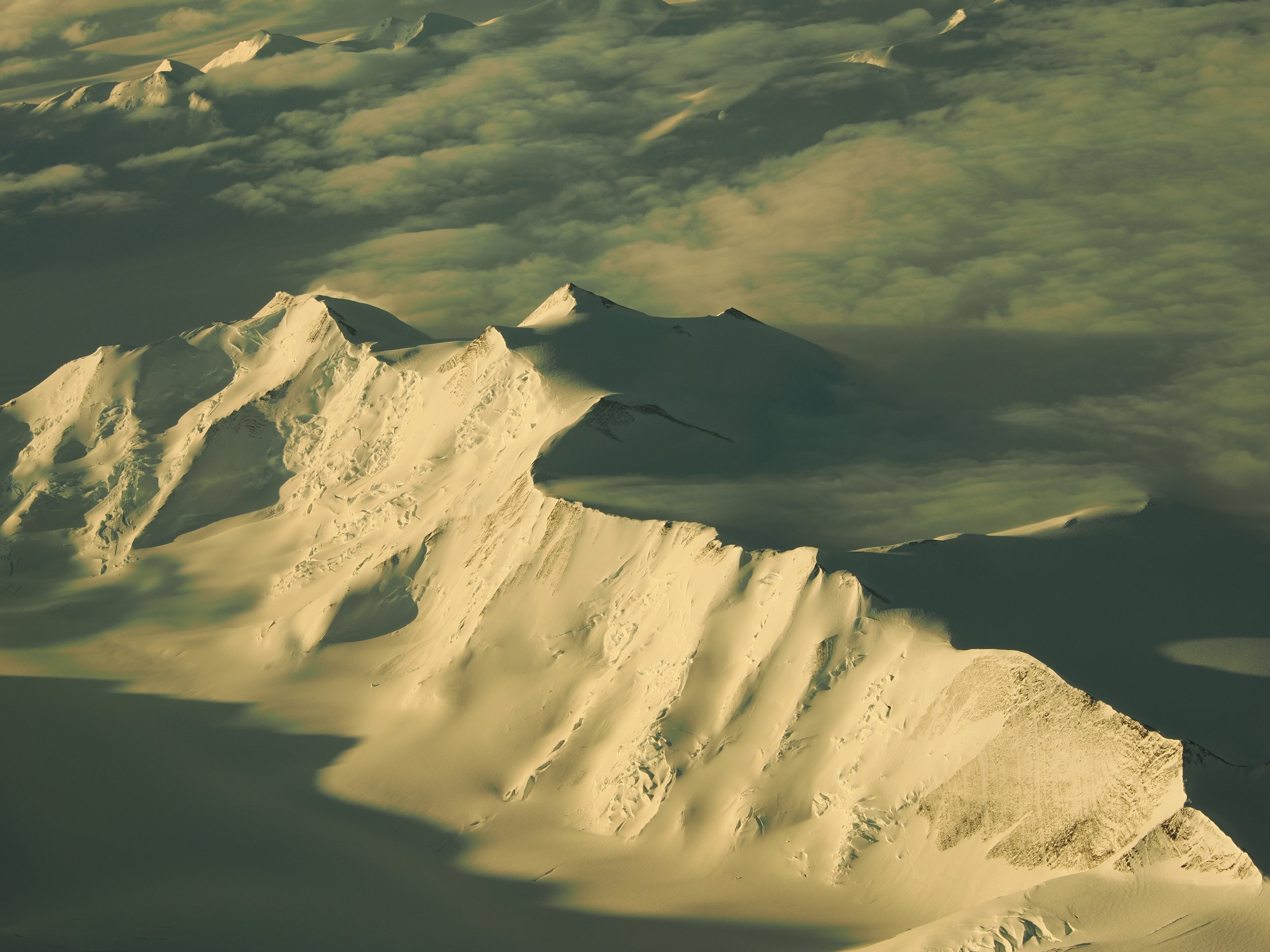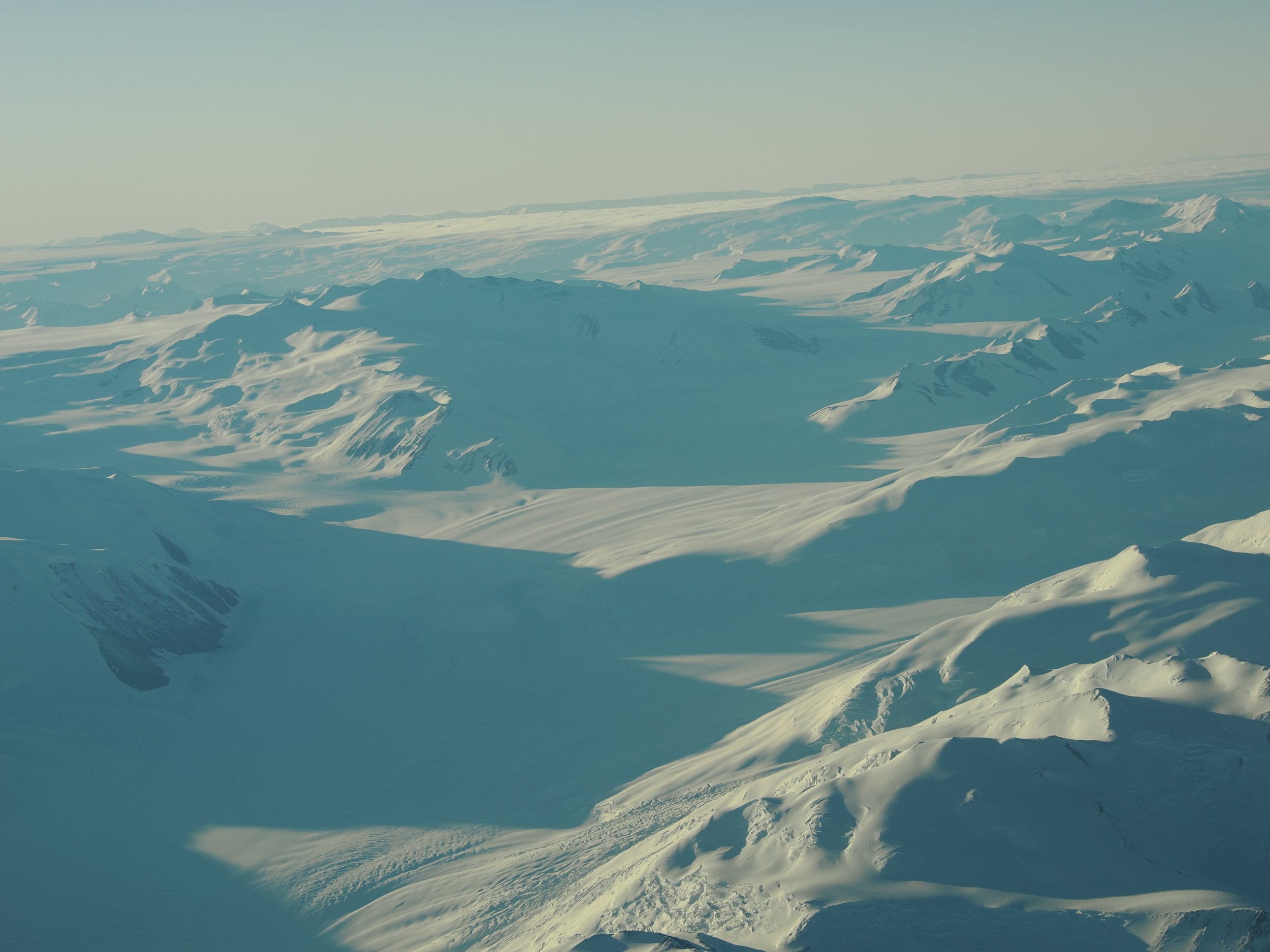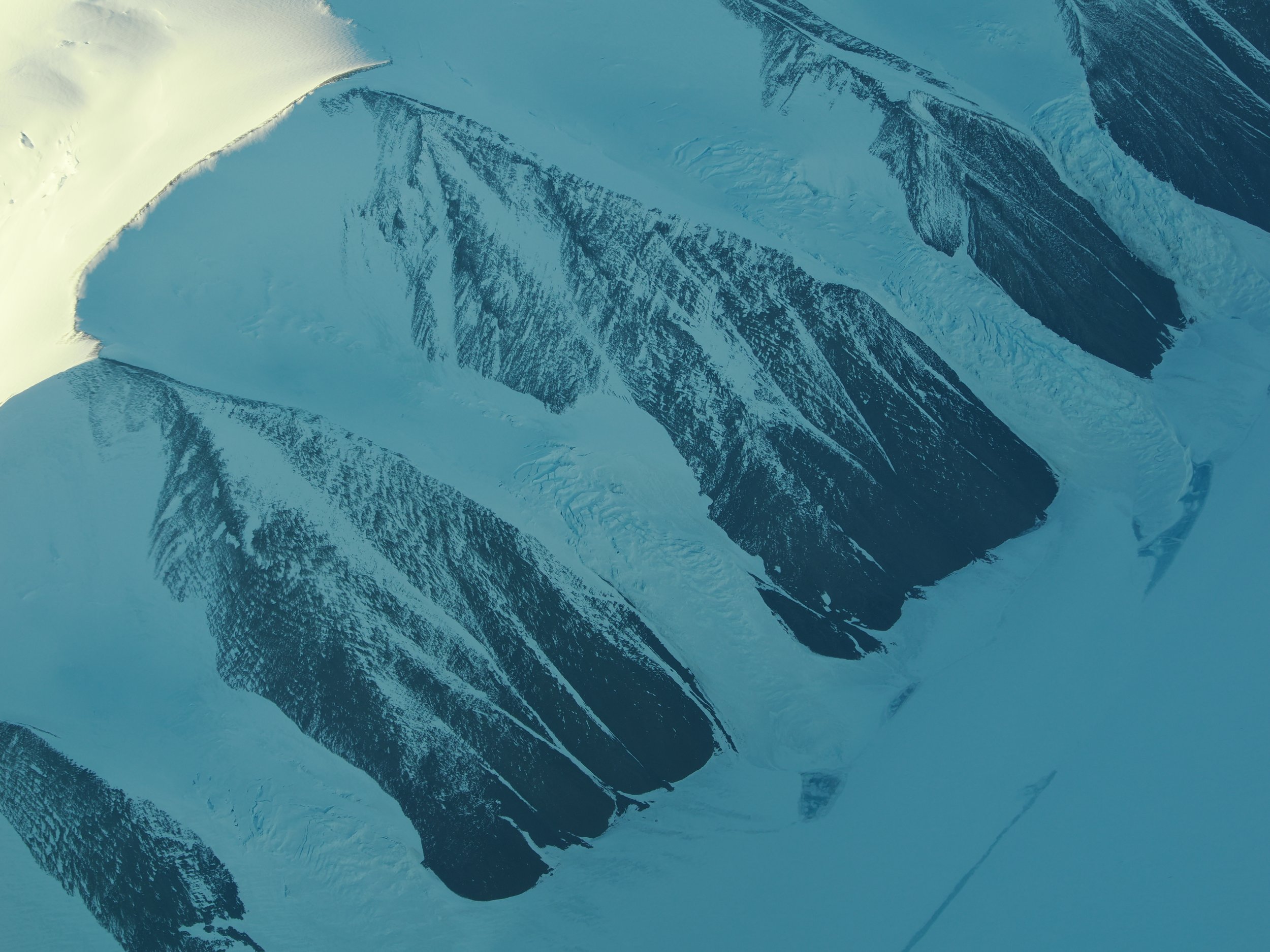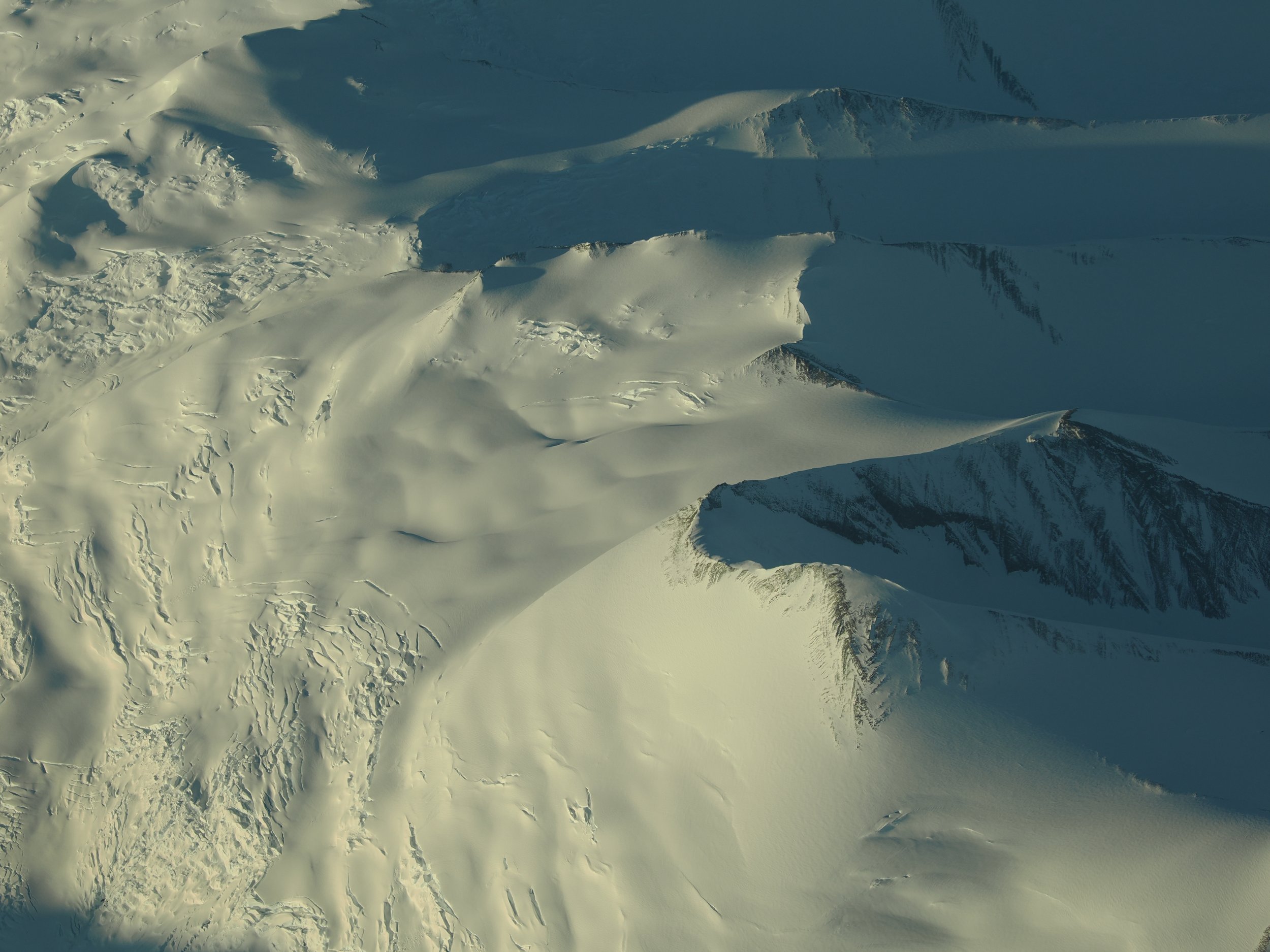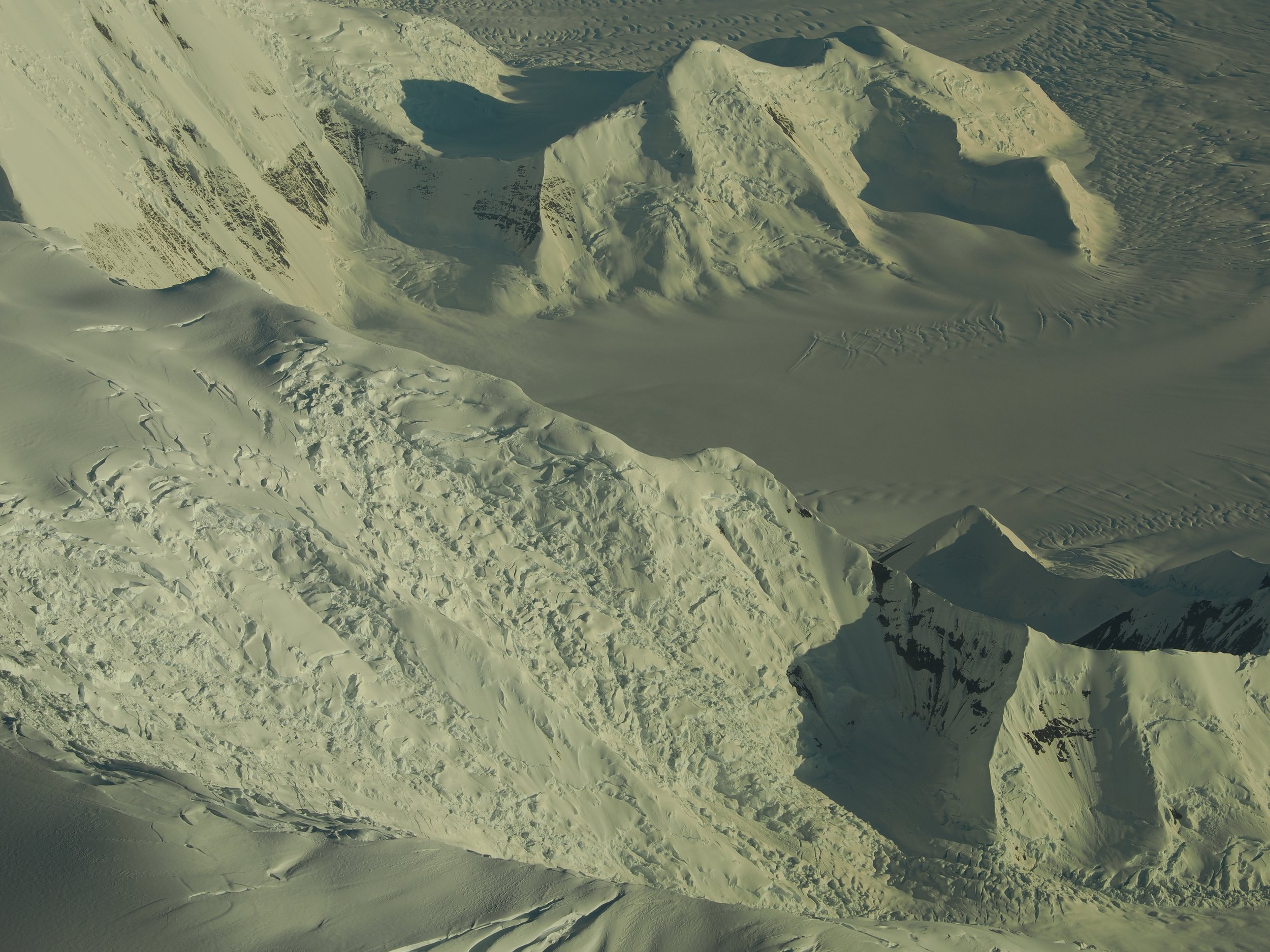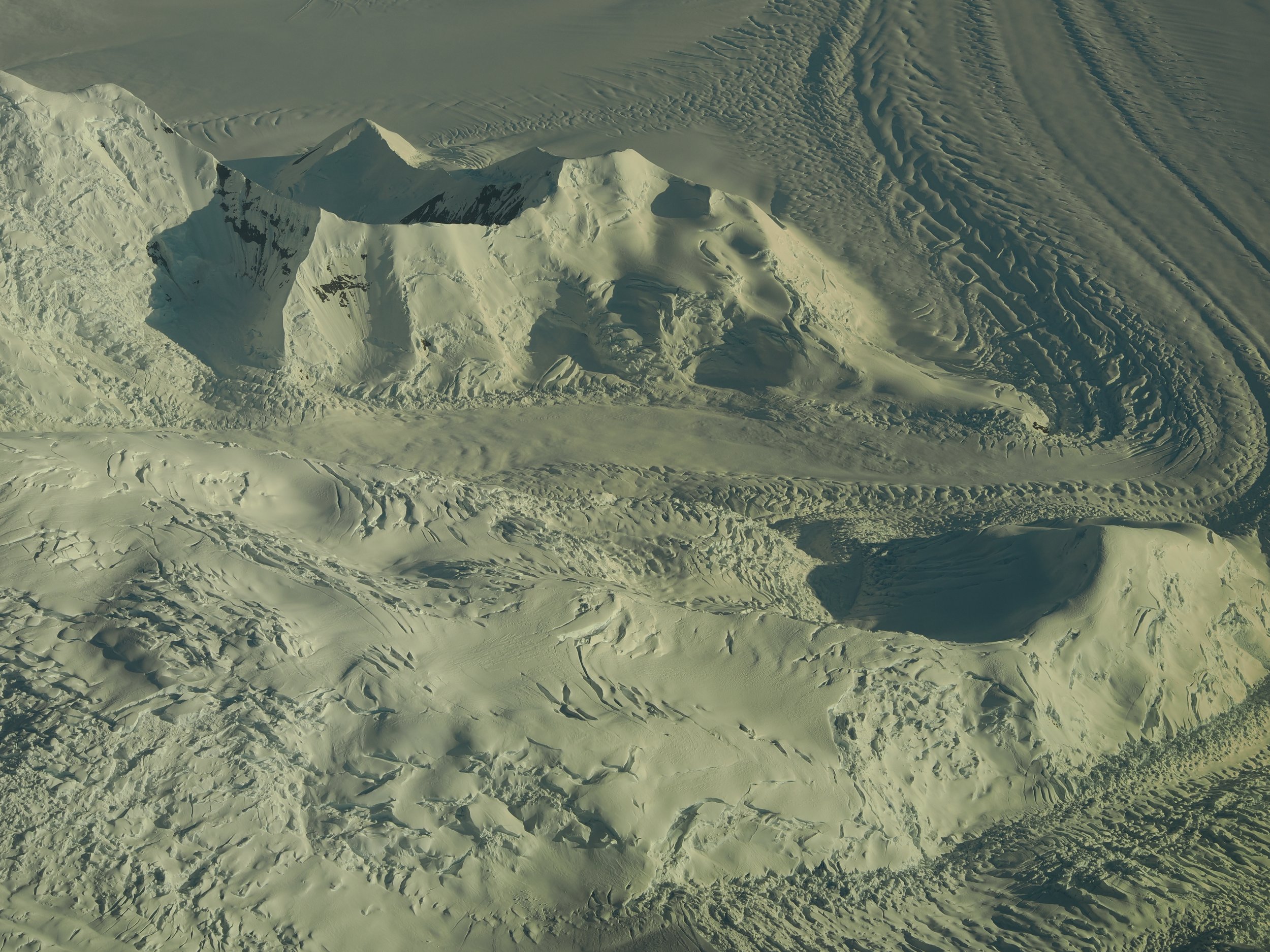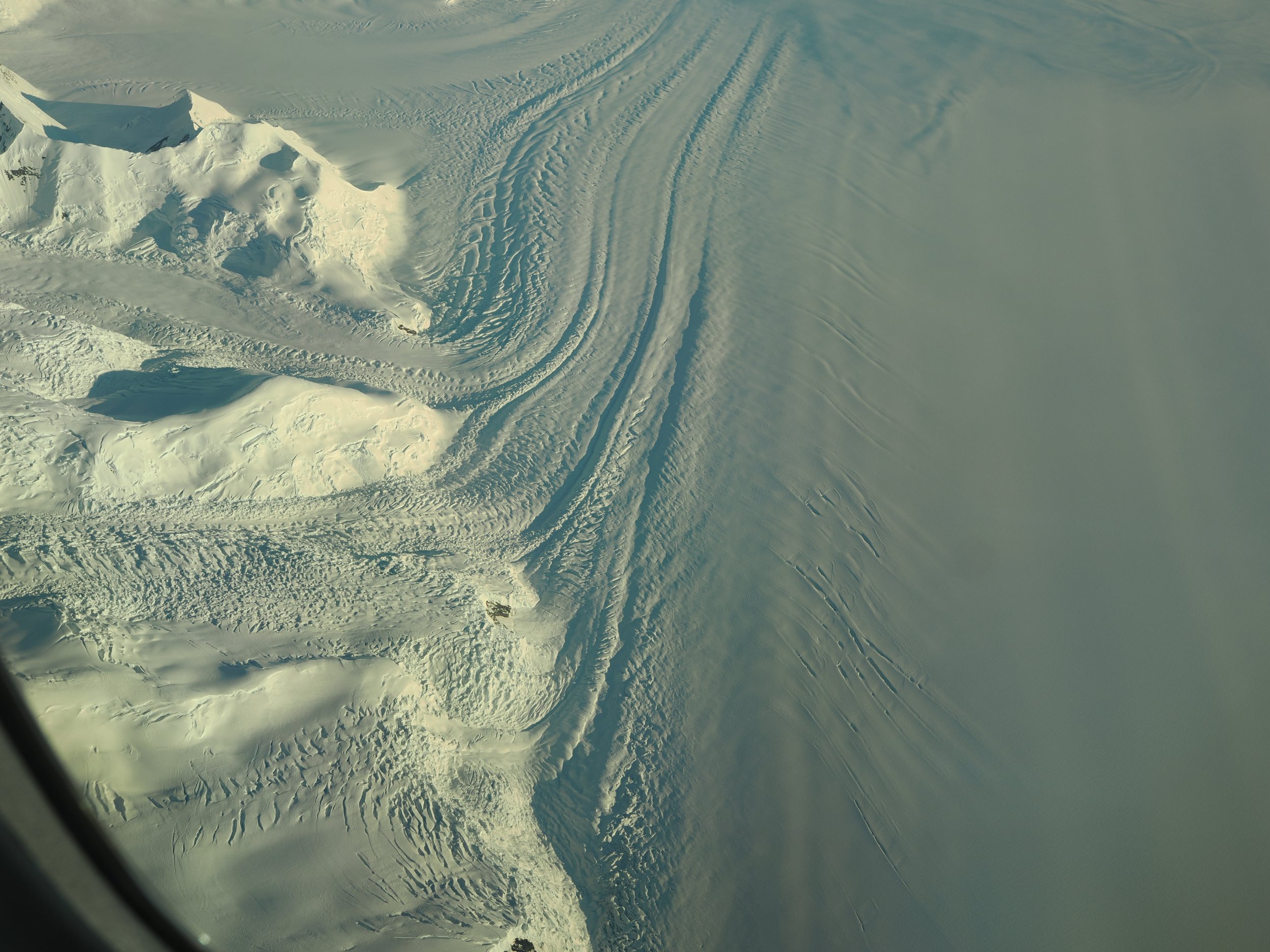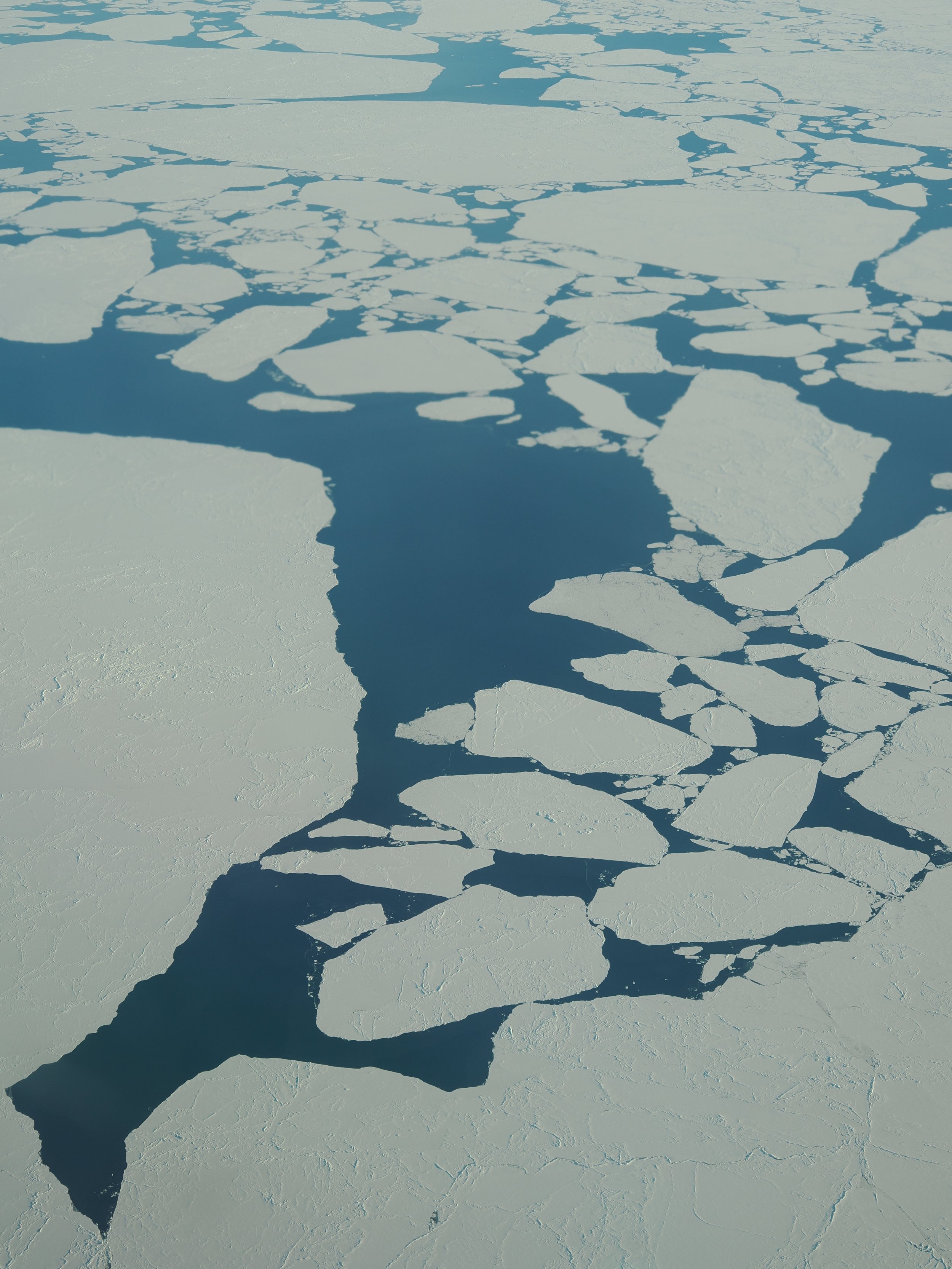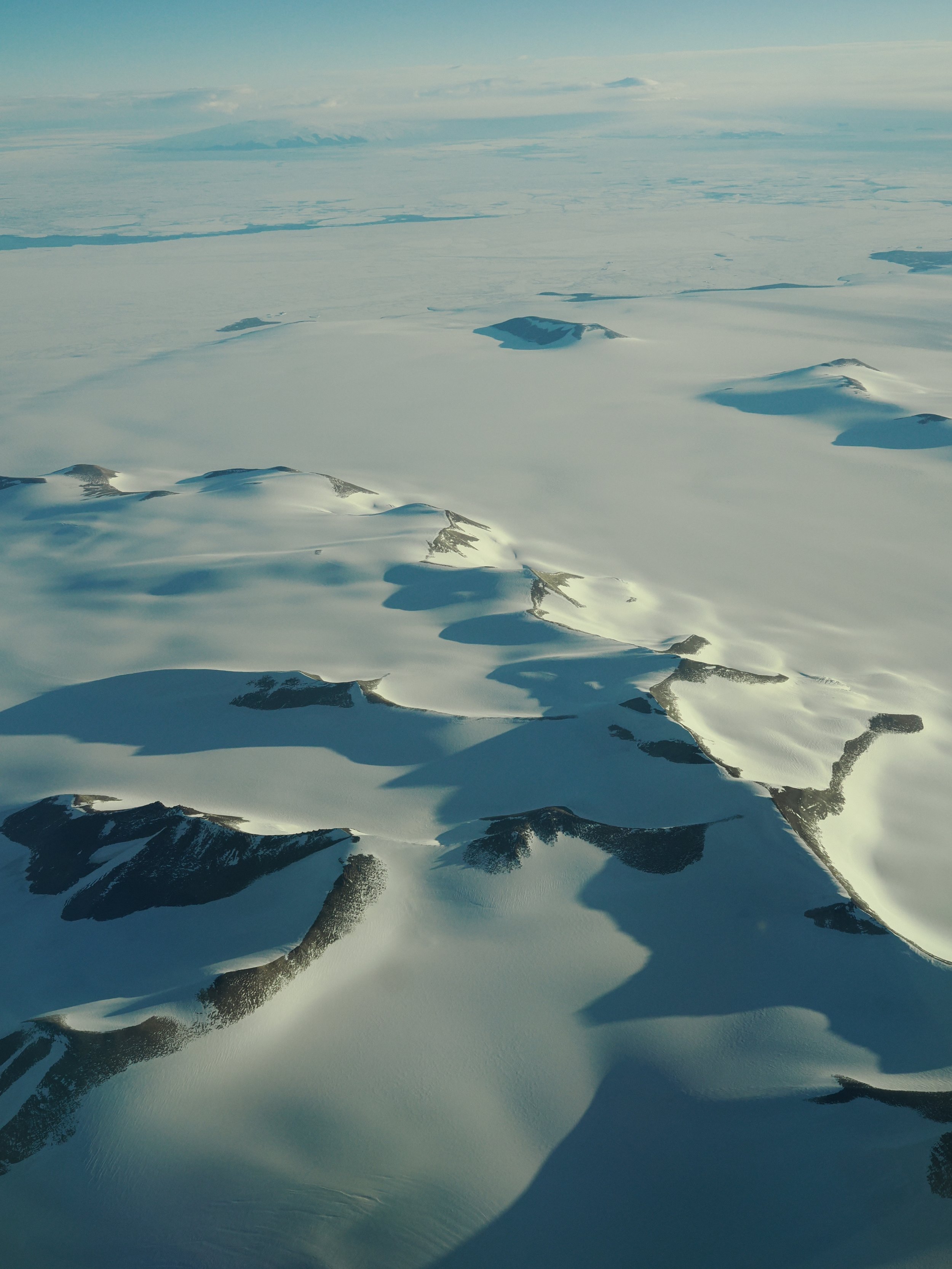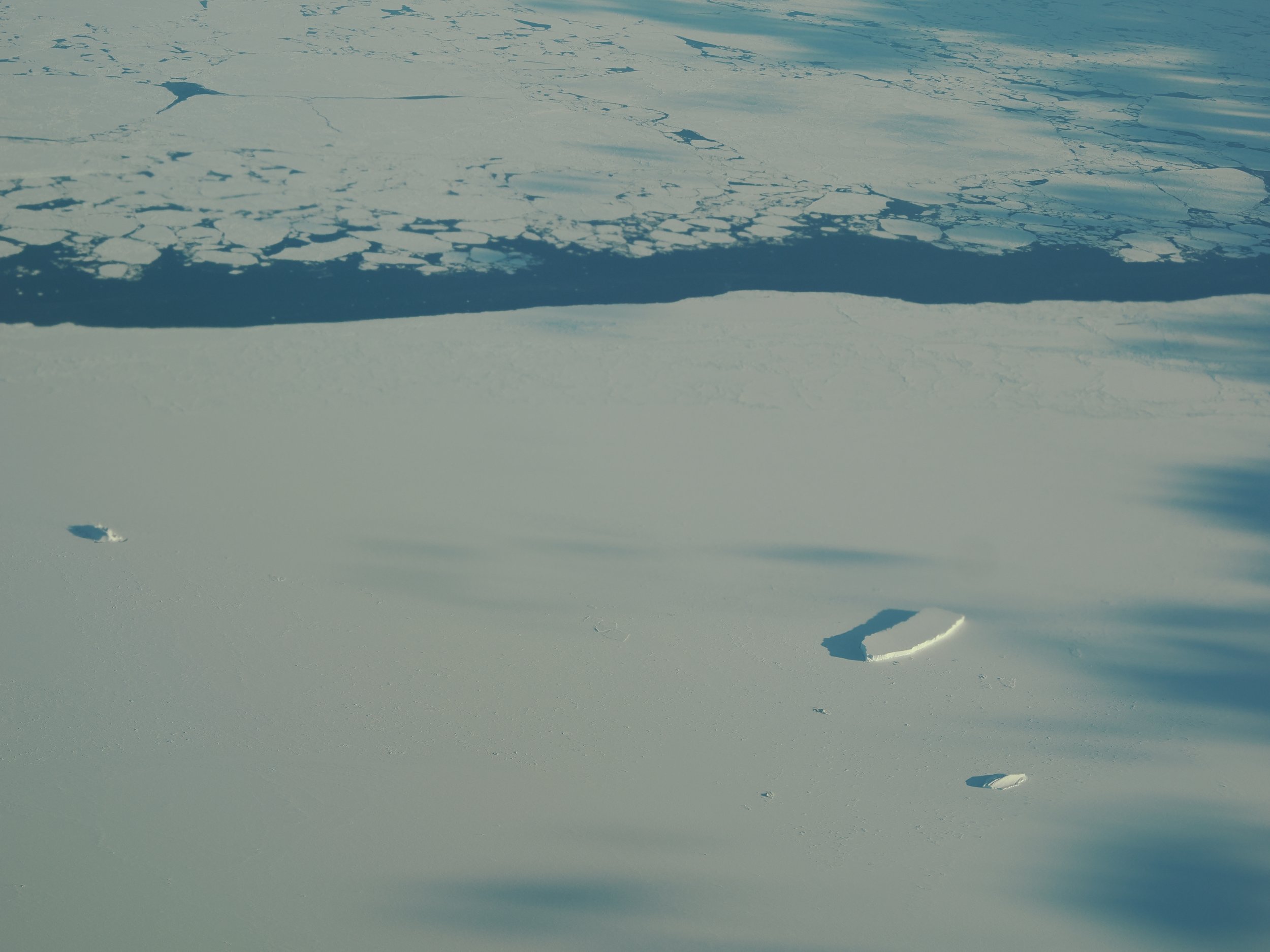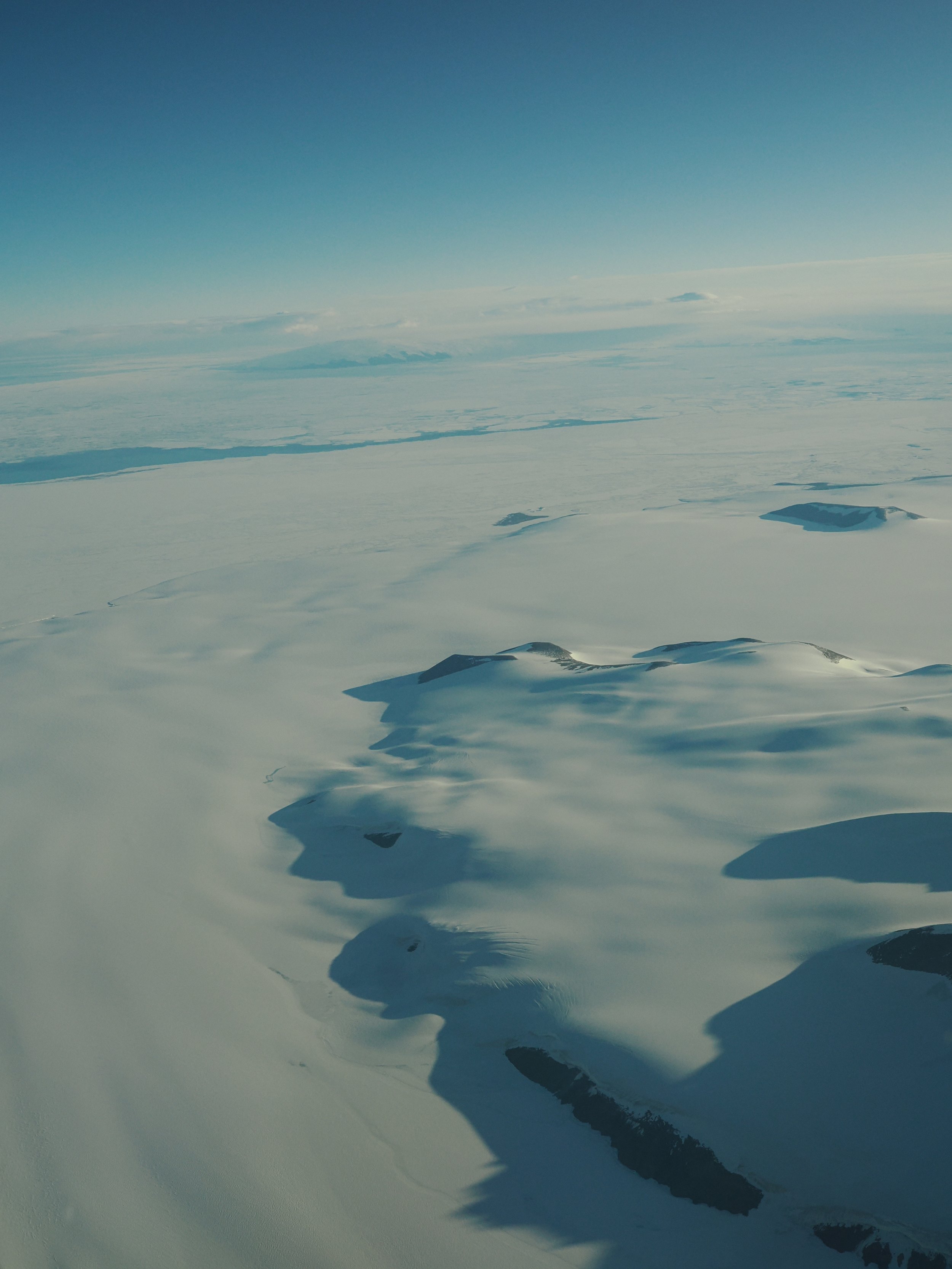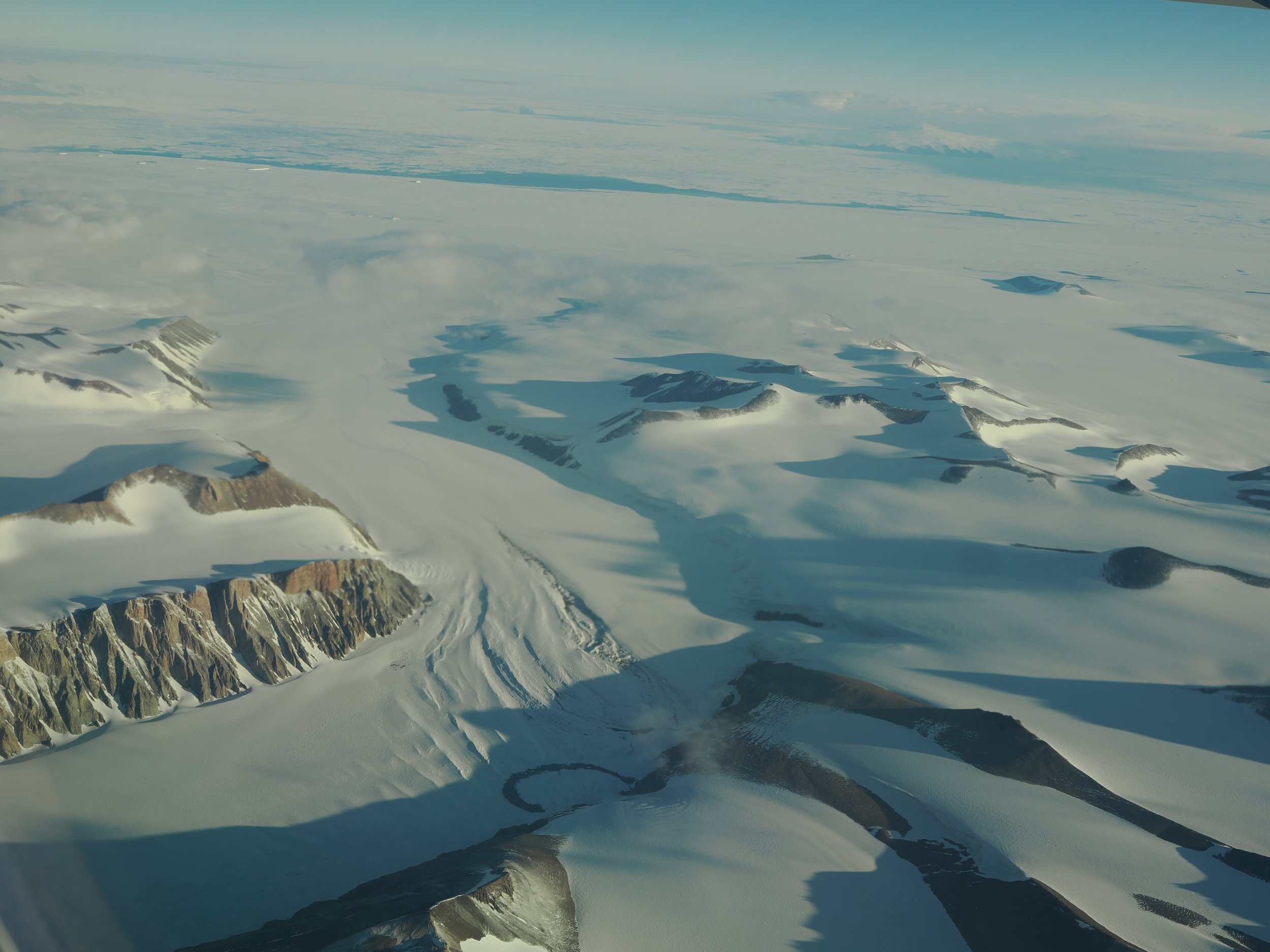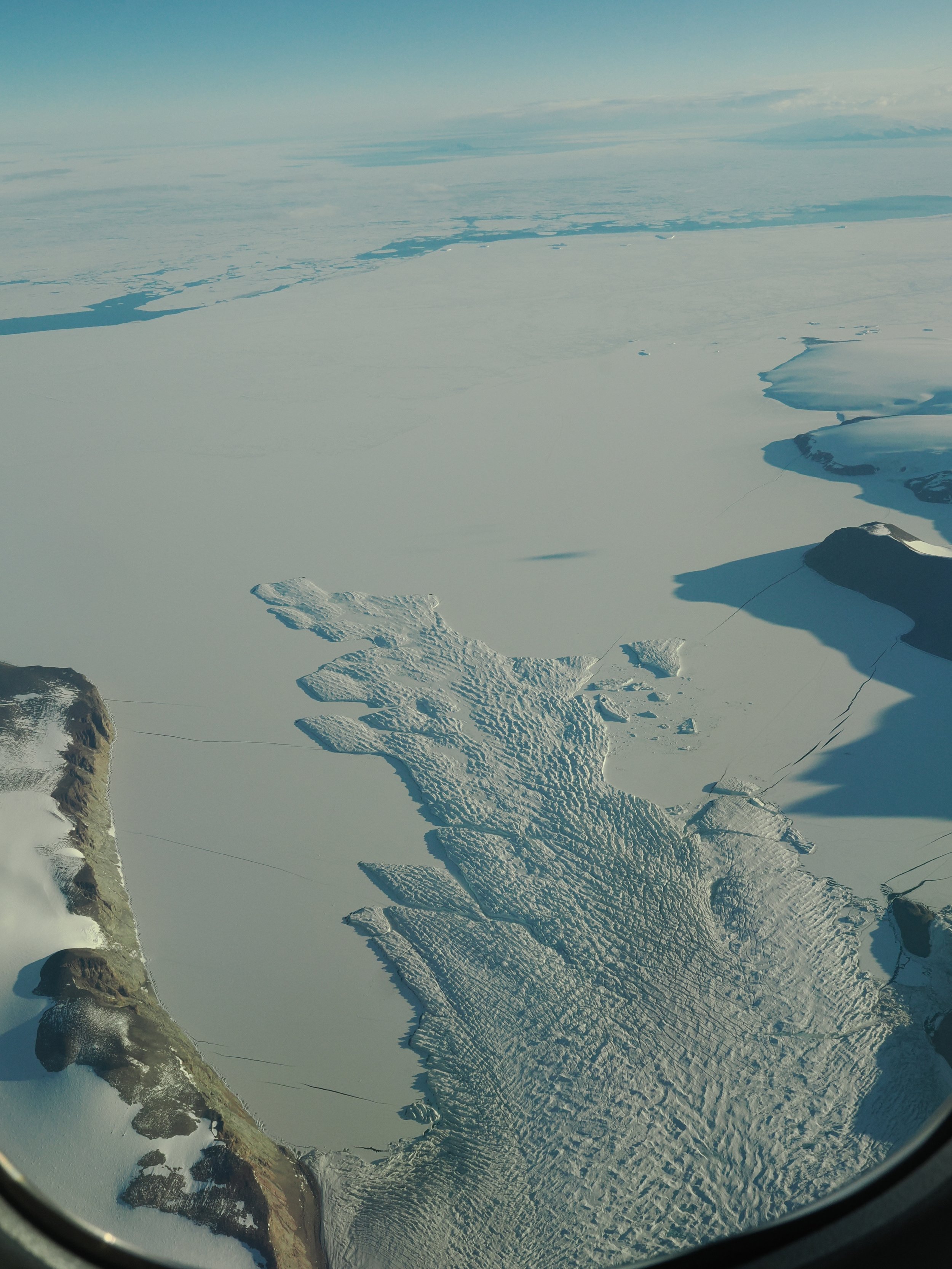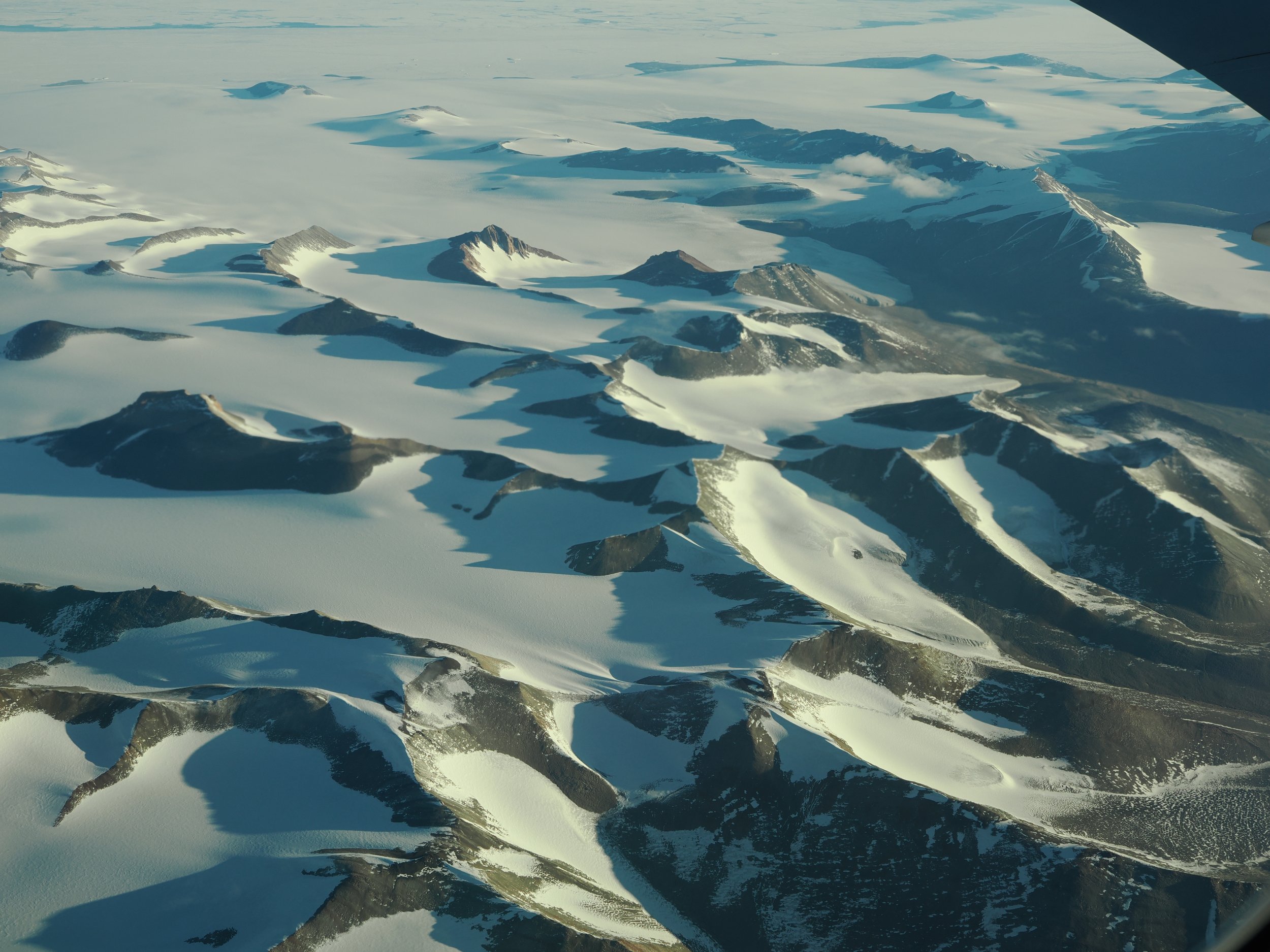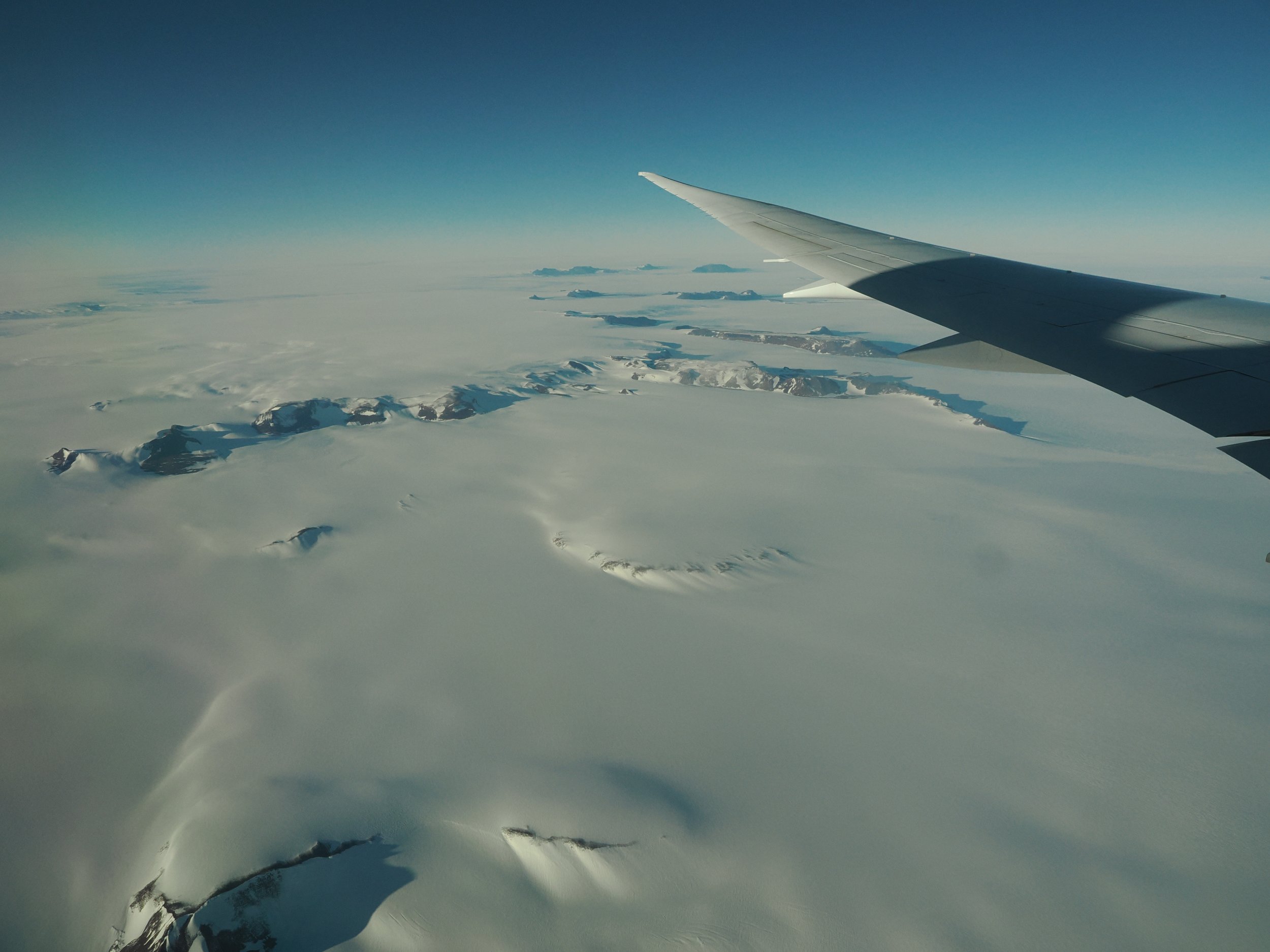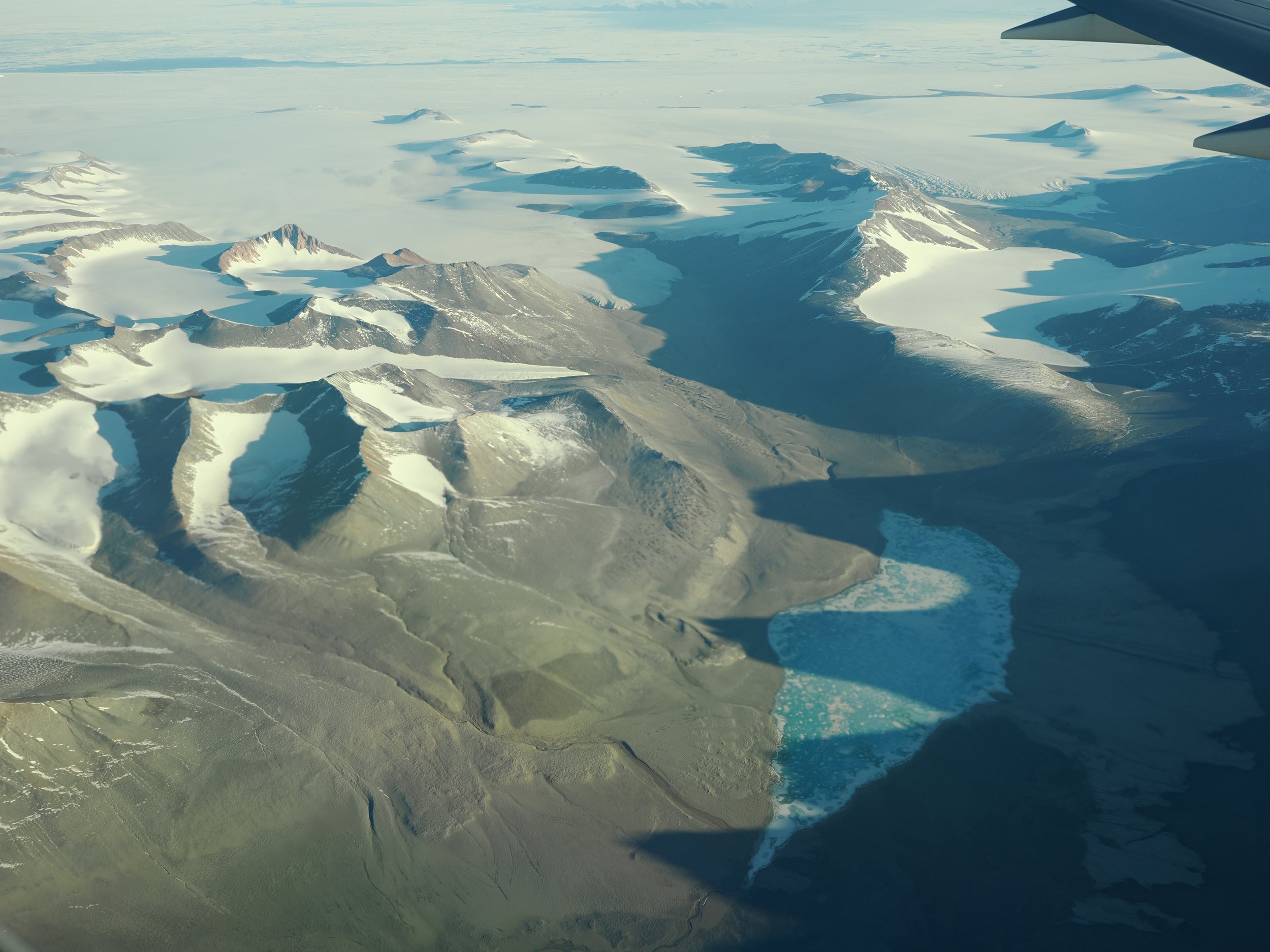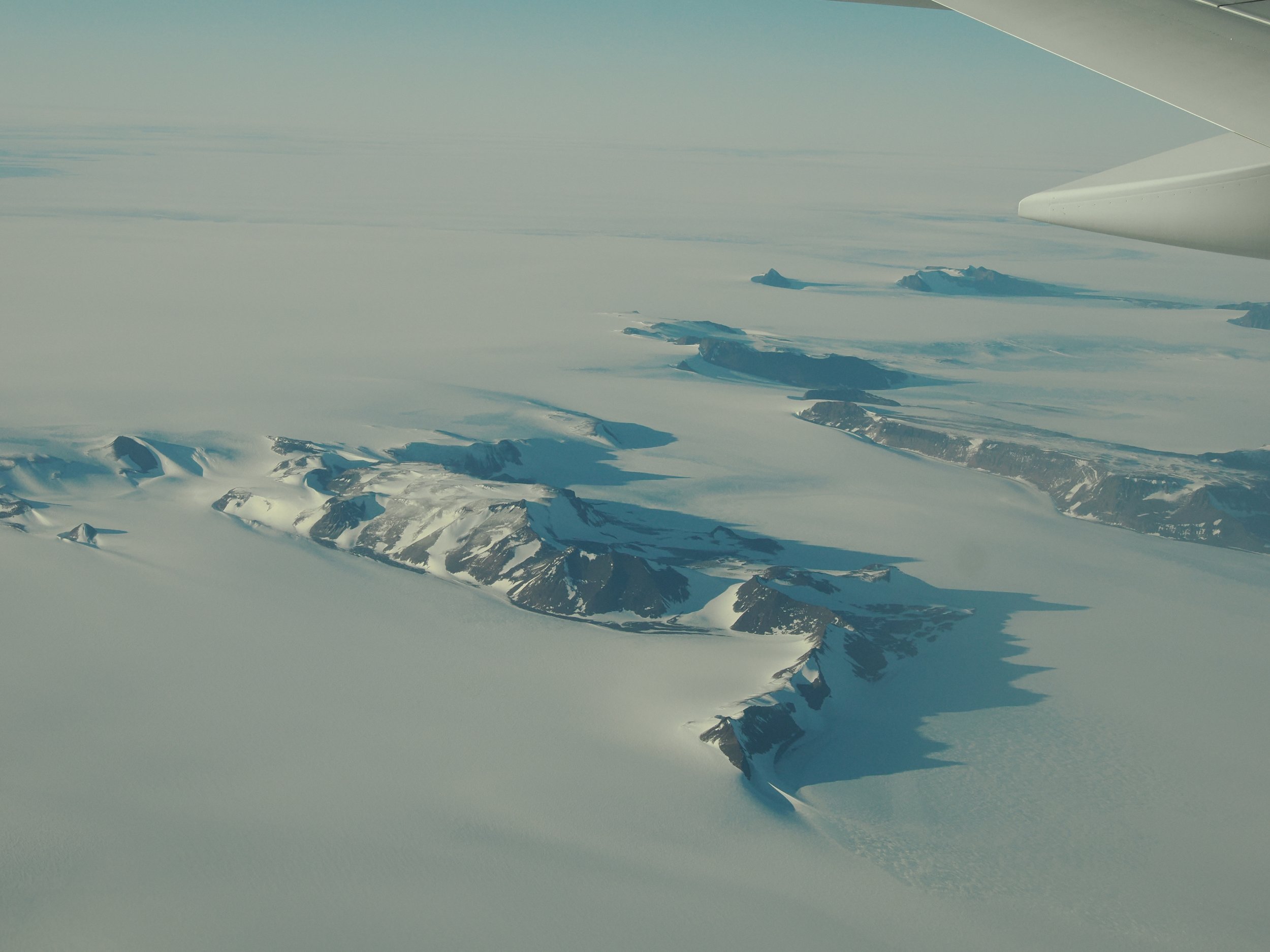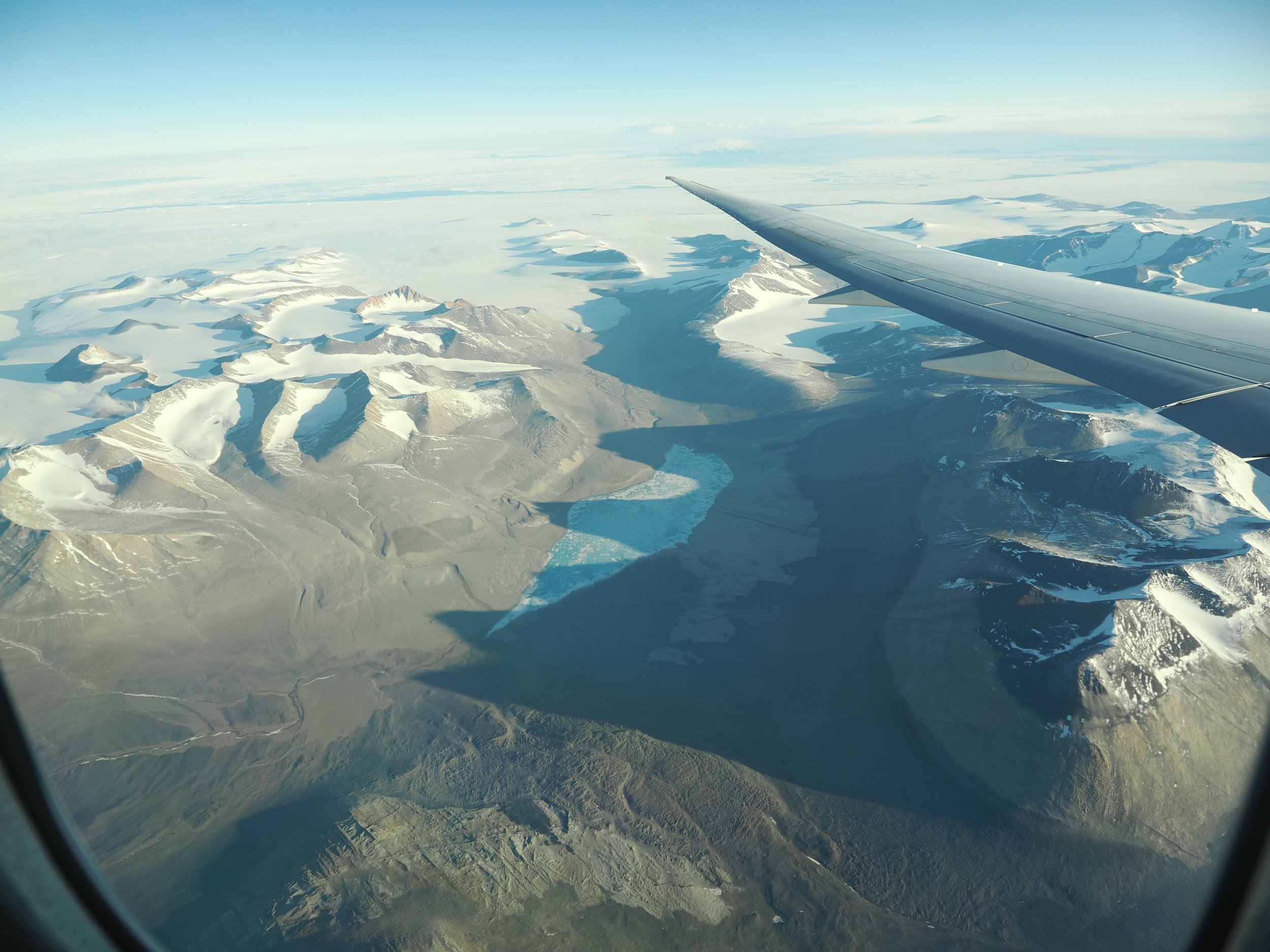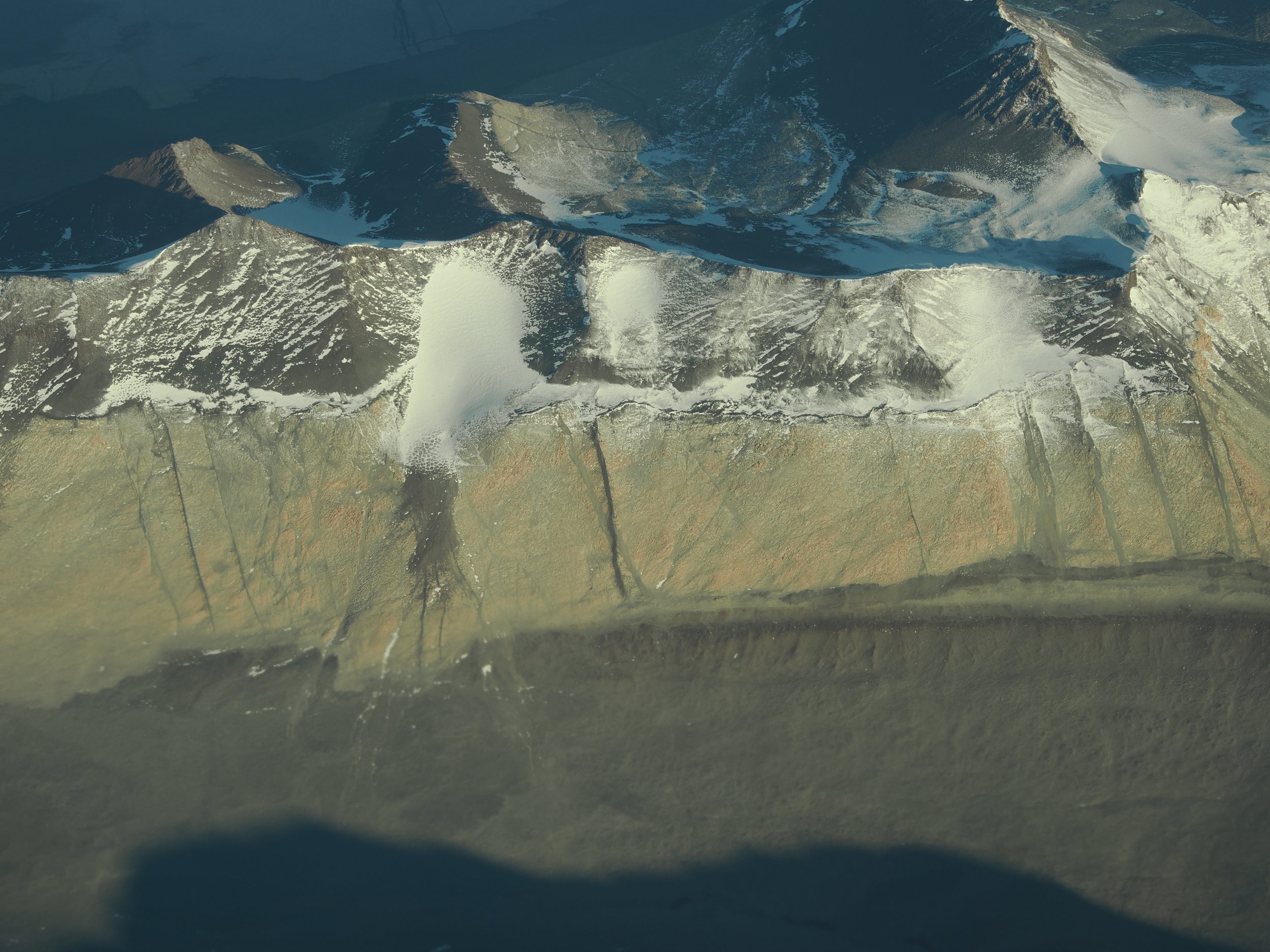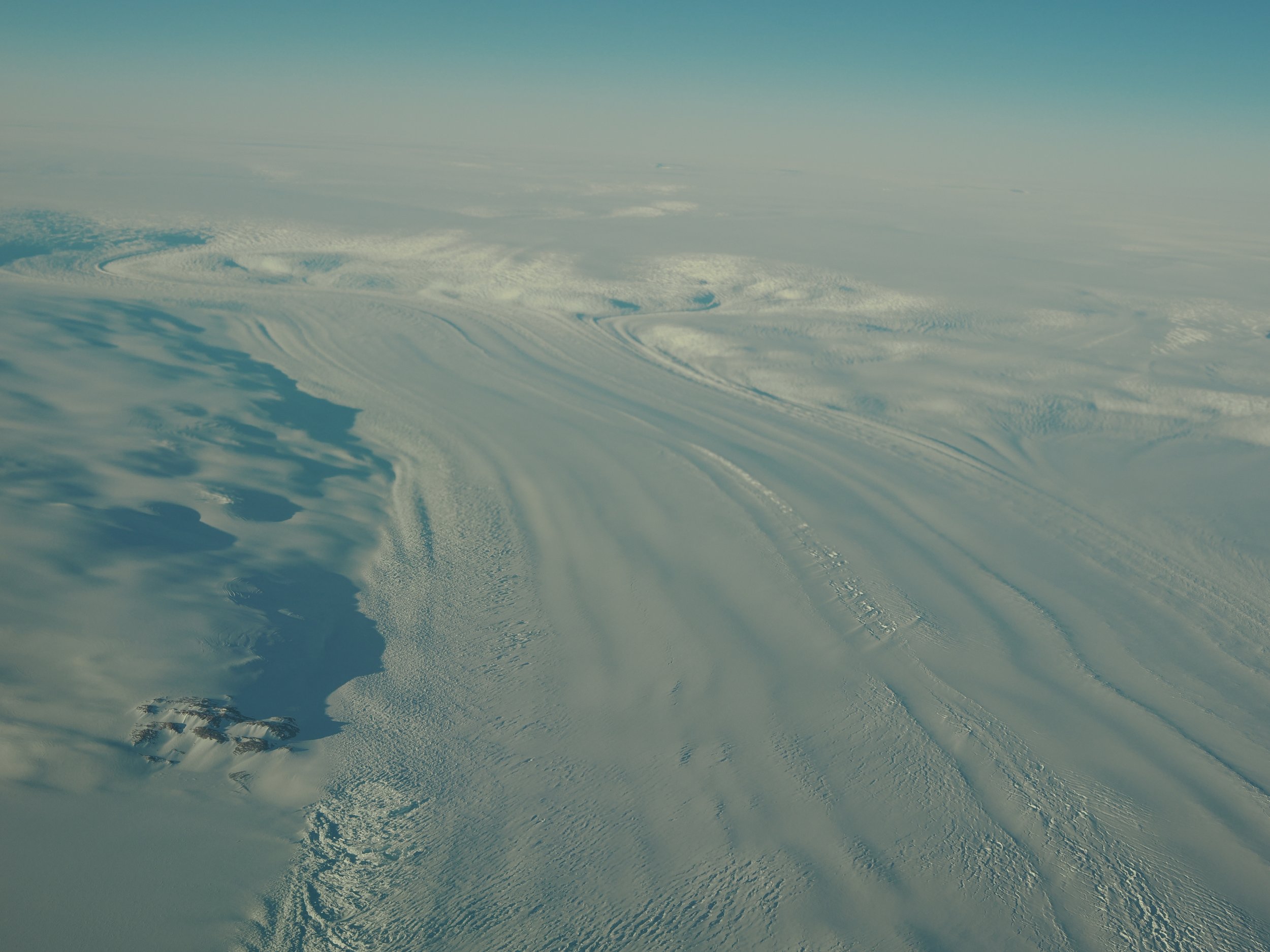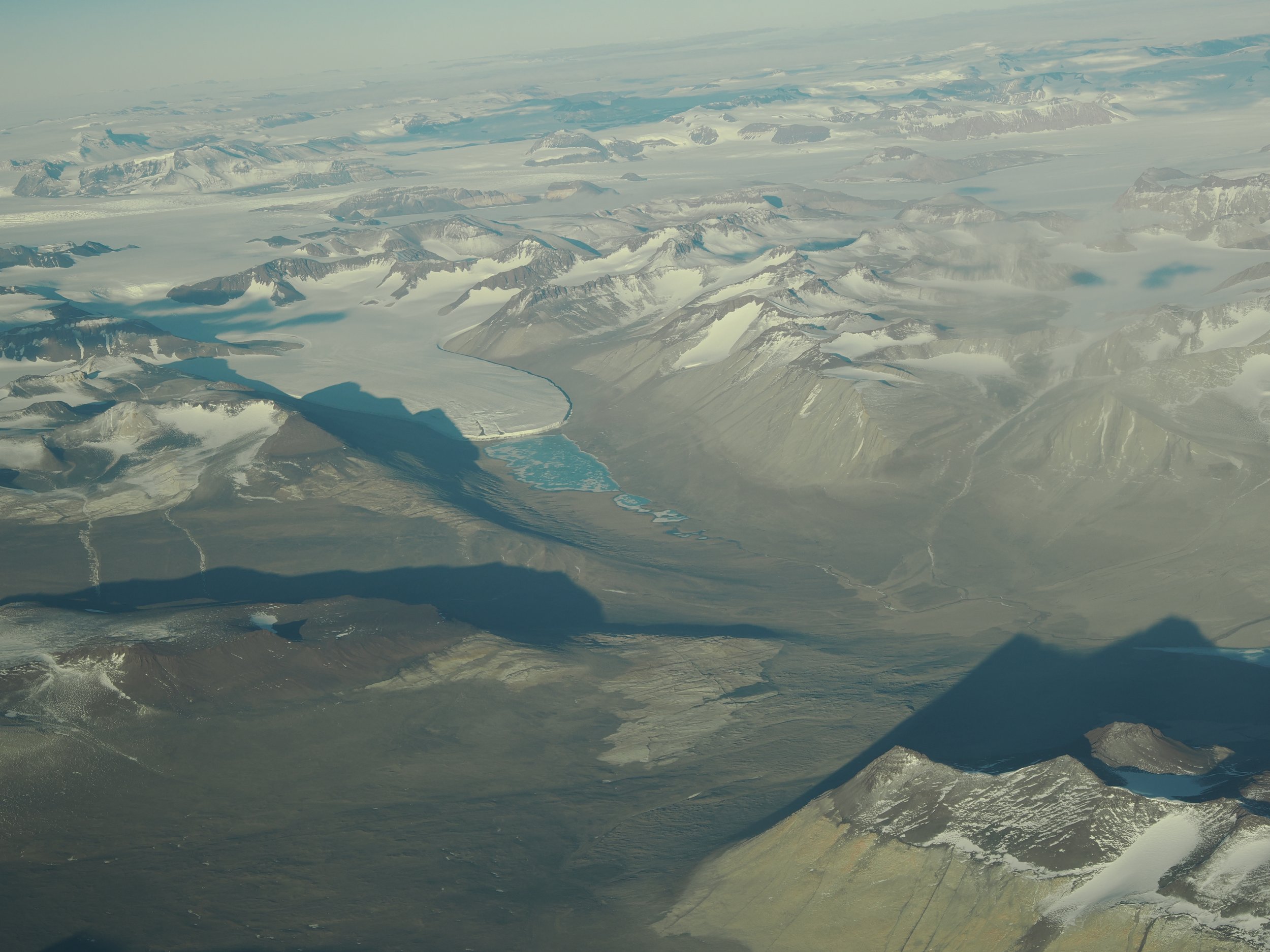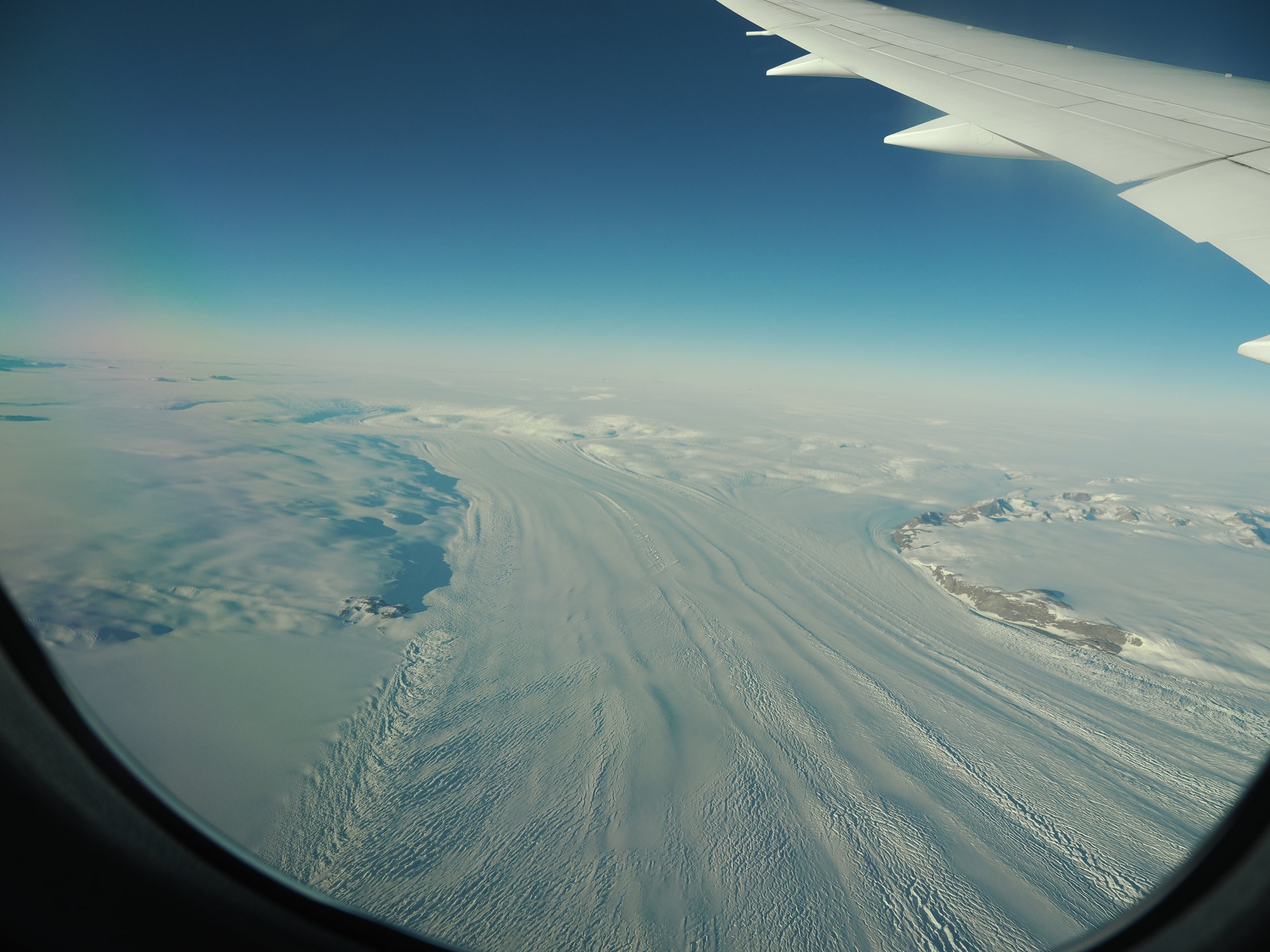Prof Nathan Bindoff - Physical Oceanographer
Affiliation with Antarctic Science Foundation
Ambassador for ASF on Antarctica Flights Season 2022/23
More About Nathan
Nathan Bindoff is Professor of Physical Oceanography at the University of Tasmania in Institute of Marine and Antarctic Studies. He has a background in Earth Sciences (PhD in Earth Sciences, Australian National University).
Professor Bindoff is also a physical oceanographer, specializing in ocean climate and the earth’s climate system, with a focus on understanding the causes of change in the oceans. He was the coordinating lead author for the ocean chapter in the Inter-Governmental Panel on Climate Change Fourth Assessment Report and Fifth Assessment reports. He led the oceans chapter (2007) and the detection and attribution chapter (2013). Nathan is one of just a few scientists who have been a coordinating lead author twice and contributed to the IPCC winning the Noble Peace in 2007, shared with Al Gore.
Professor Bindoff and colleagues documented some of the first evidence for changes in the oceans in the Indian, North Pacific, South Pacific and Southern Ocean’s and the first evidence of changes in the Earths hydrological cycle from ocean salinity. His most recent work is on documenting the decline in oxygen content of the oceans and dynamics of the Southern Ocean.
He has published more than 104 peer reviewed papers and more than 42 reports. Professor Bindoff has served on 14 international committees. Additionally, he has been an invited speaker at 25 conferences and workshops in the last five years.
In December 2022 represented the Antarctic Science Foundation as an ambassador on an Antarctica Flights trip over Antarctica. Current Roles
Current Research
Professor Bindoff is currently also leader of the Climate Futures program in Landscape and Policy Hub and the ACE CRC, Director of the Tasmanian Partnership for Advanced Computing and Chief Investigator in the ARC Centre of Excellence in Climate System Science.
The Climate Futures projects are all about understanding the consequences of climate change on Australian climate at regional scale. In particular, the impacts of human influence on extreme temperatures, rainfall, runoff, agriculture and ecosystems.
Images by Prof Nathan Bindoff, Antarctica Flight NYE 2022.
Congratulations:
Prof Nathan Bindoff is one of 17 Laureate Fellows announced in May 2024 by the Australian Research Council. Prof Bindoff will receive a $3,443,000 million grant over the next 5 years to develop precision tracking of changes in the Earth’s climate system as it responds to emission reduction. Read more here
Key Publications:
Banks, HT and Bindoff, NL, “Comparison of Observed Temperature and Salinity Changes in the Indo-Pacific with Results from the Coupled Climate Model HadCM3; Processes and Mechanisms ”, Journal of Climate, 16 (1) pp. 156-166. doi:10.1175/1520-0442(2003)016<0156:COOTAS>2.0.CO;2 ISSN 0894-8755 (2003)
Yaremchuk, M and Bindoff, NL and Schroter, J and Nechaev, D and Rintoul, SR, “On the zonal and meridional circulation and ocean transports between Tasmania and Antarctica”, Journal of Geophysical Research, 106 (C2) pp. 2795-2814. doi:10.1029/2000JC900117 ISSN 0148-0227 (2001)
Bindoff, NL and McDougall, TJ, “Decadal changes along an Indian ocean section at 32 degrees S and their interpretation”, Journal of Physical Oceanography, 30 (6) pp. 1207-1222. doi:10.1175/1520-0485(2000)030<1207:DCAAIO>2.0.CO;2 ISSN 0022-3670 (2000)
Bindoff, NL and Rosenberg, MA and Warner, MJ, “On the circulation and water masses over the Antarctic continental slope and rise between 80 and 150 degrees E”, Deep-Sea Research ll, 47 (12-13) pp. 2299-2326. doi:10.1016/S0967-0645(00)00038-2 ISSN 0967-0645 (2000)
Wong, APS and Bindoff, NL and Church, JA, “Large-scale freshening of intermediate waters in the Pacific and Indian oceans”, Nature, 400 (6743) pp. 440-443. doi:10.1038/22733 ISSN 0028-0836 (1999)


